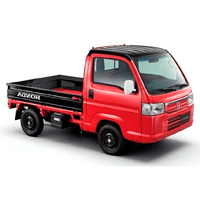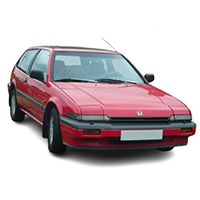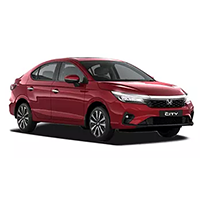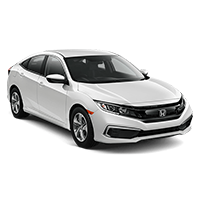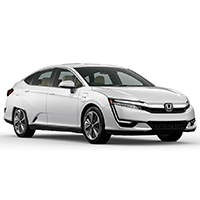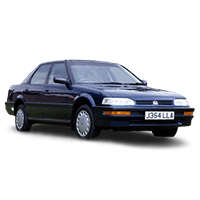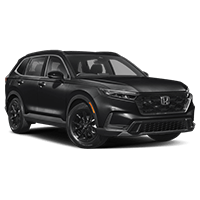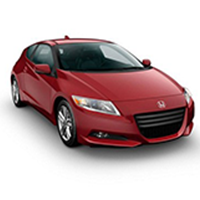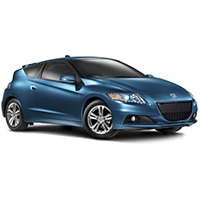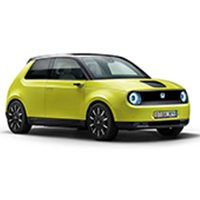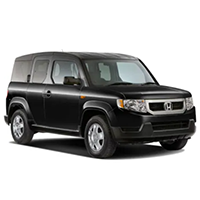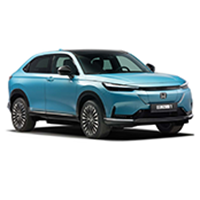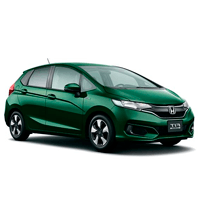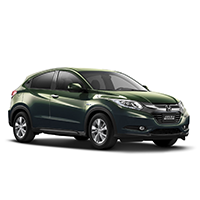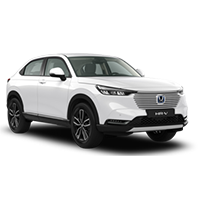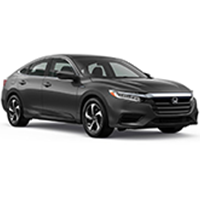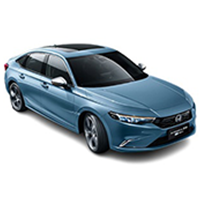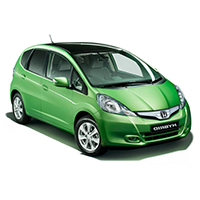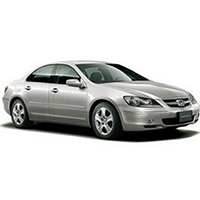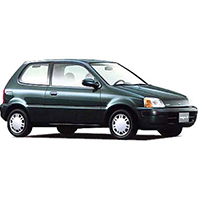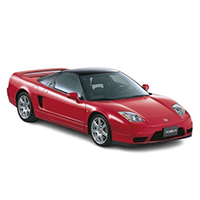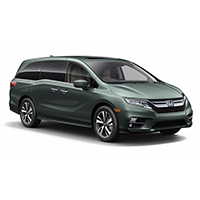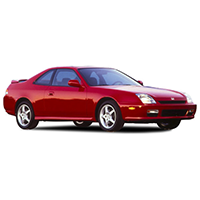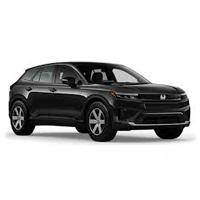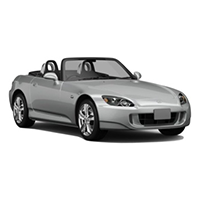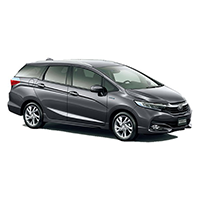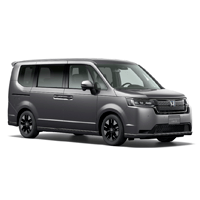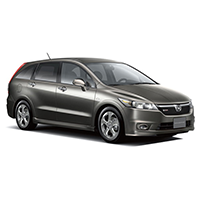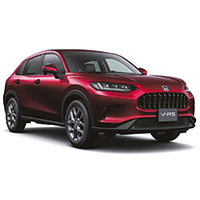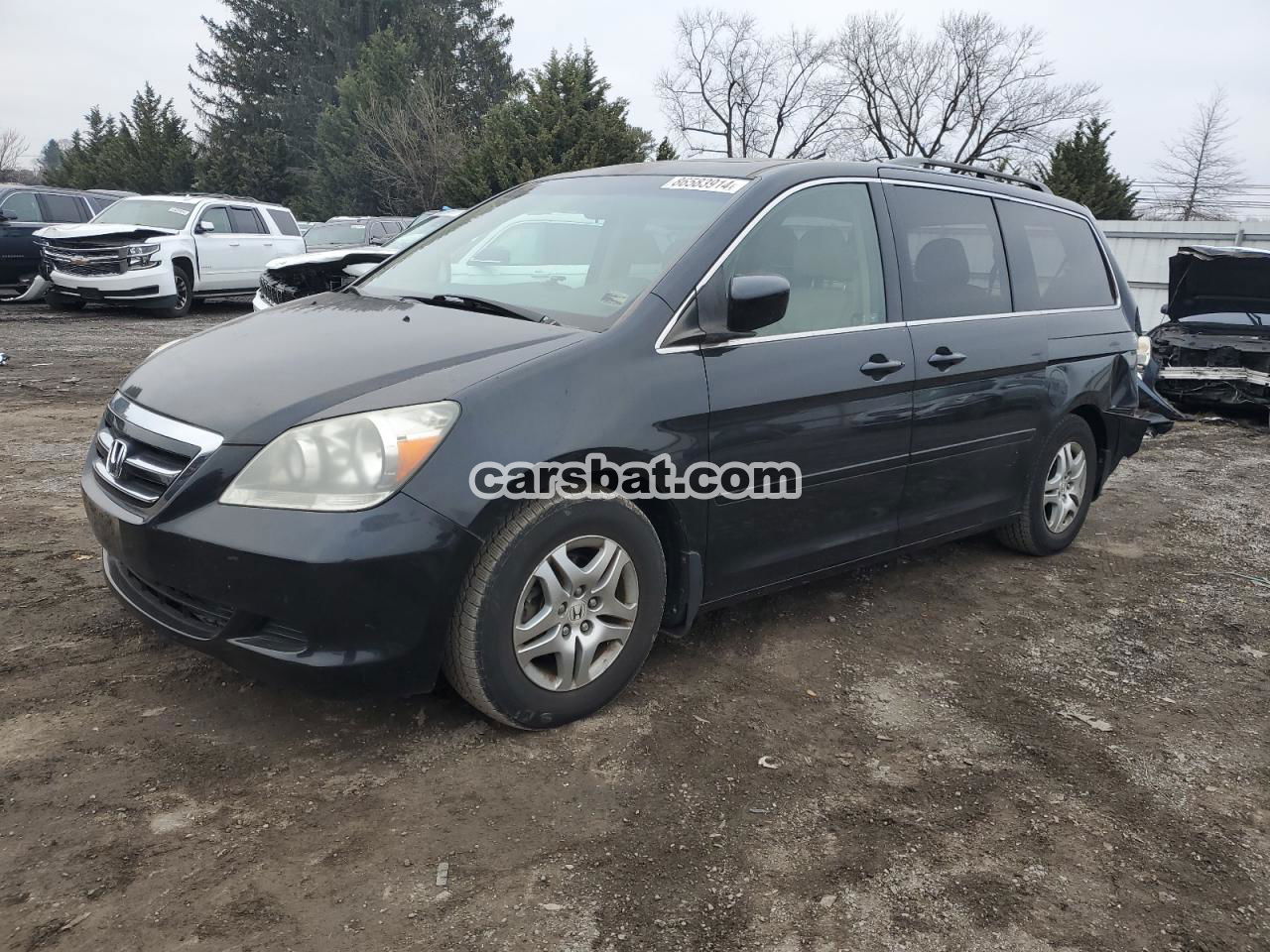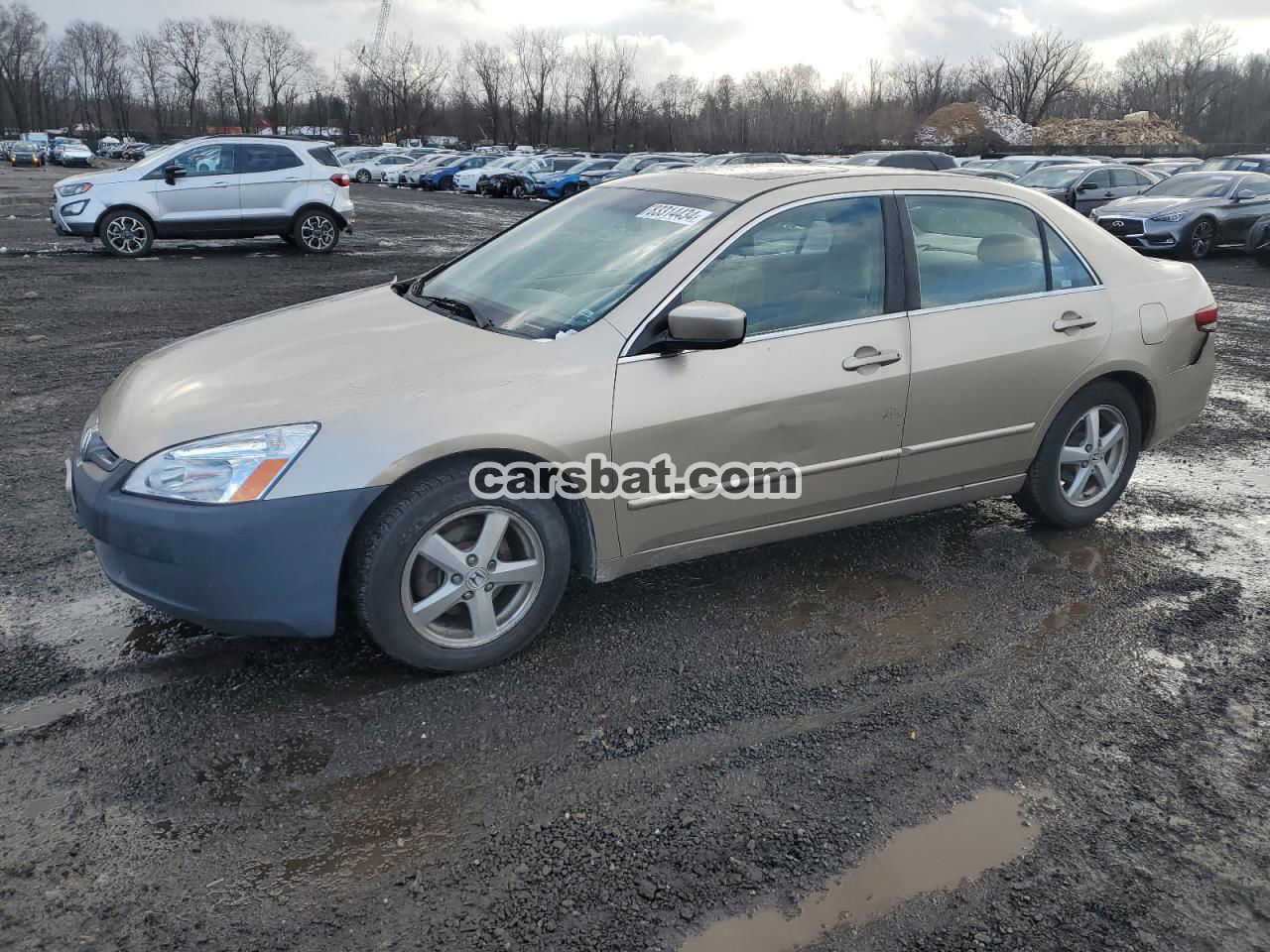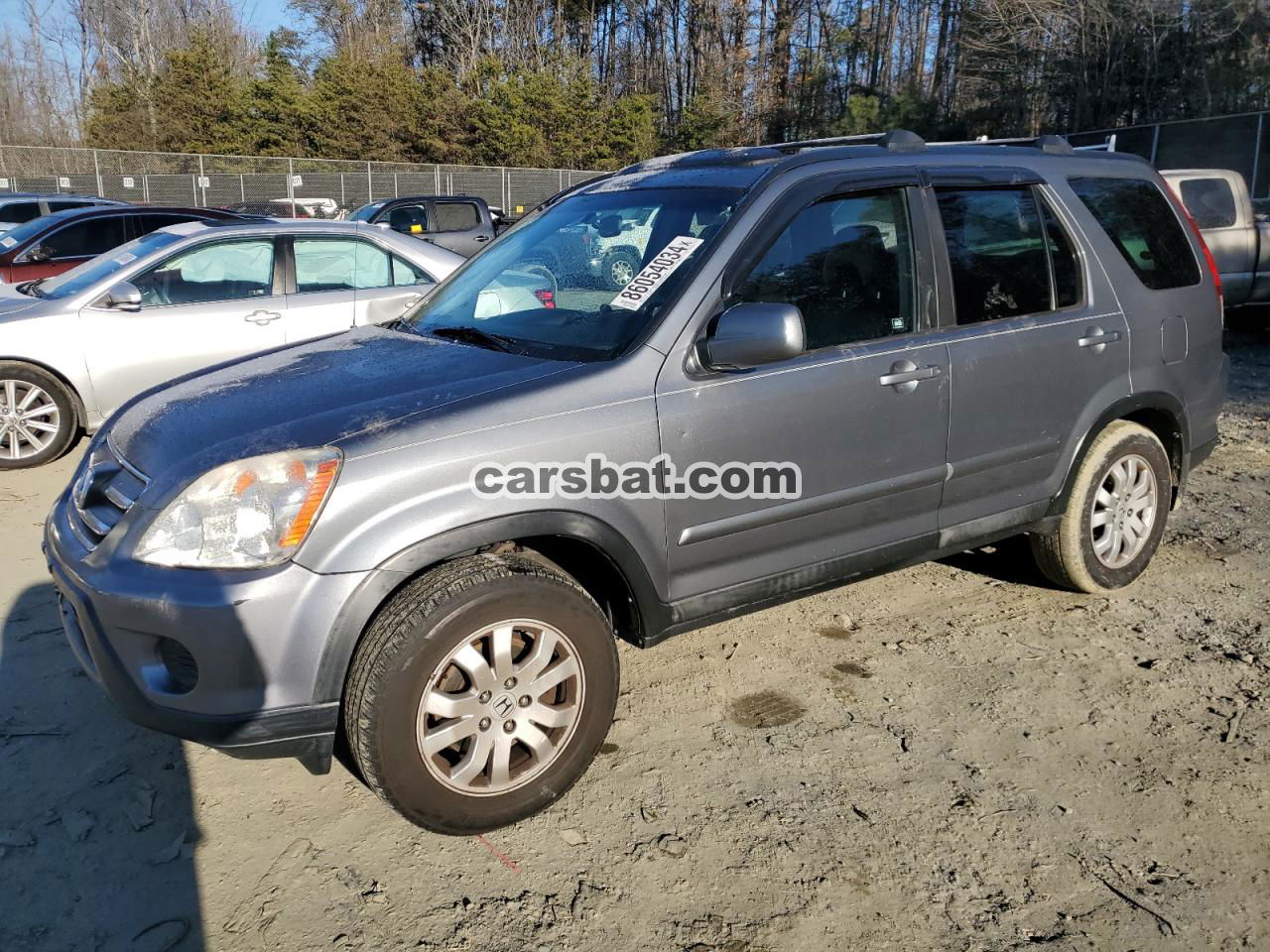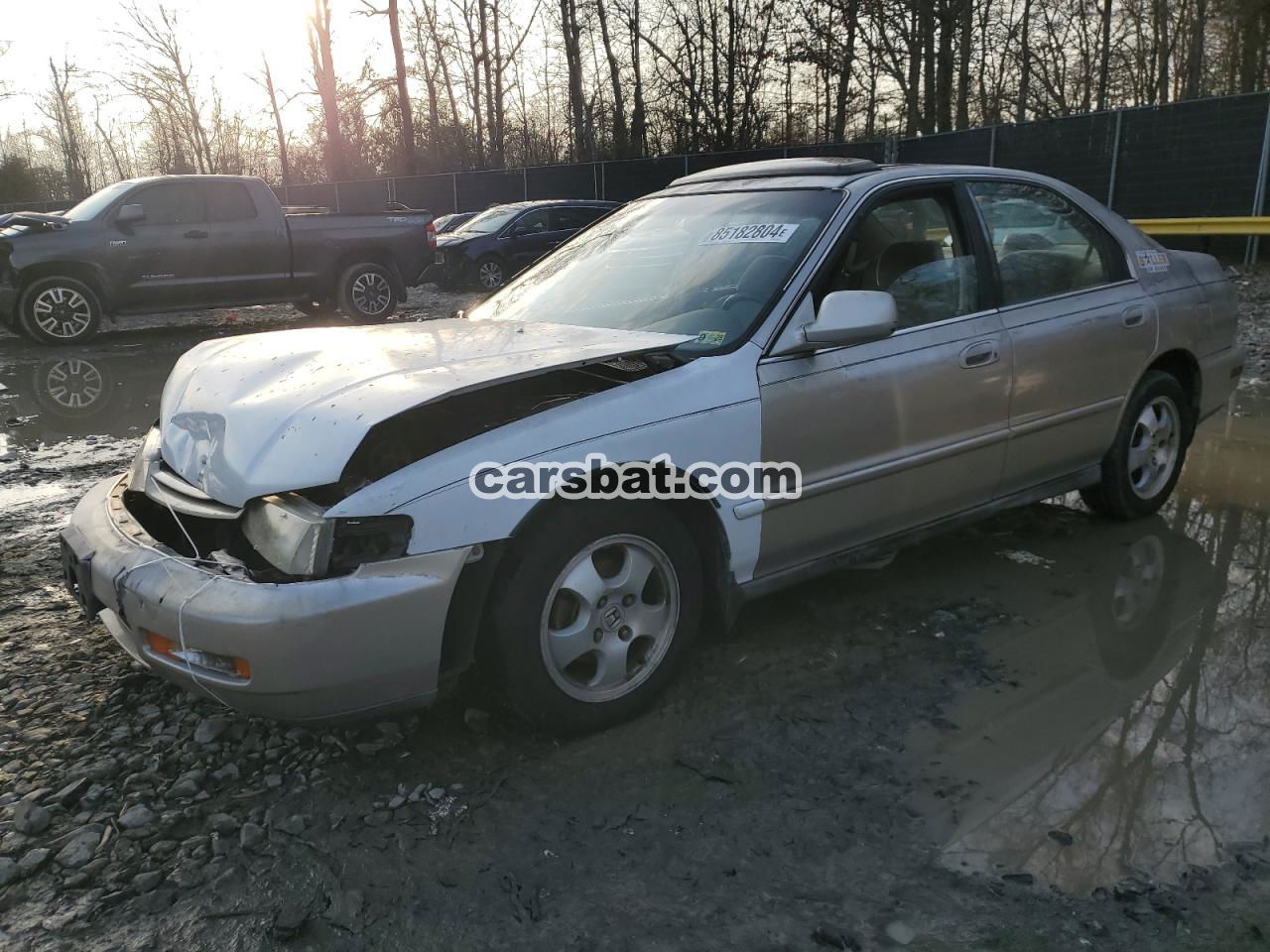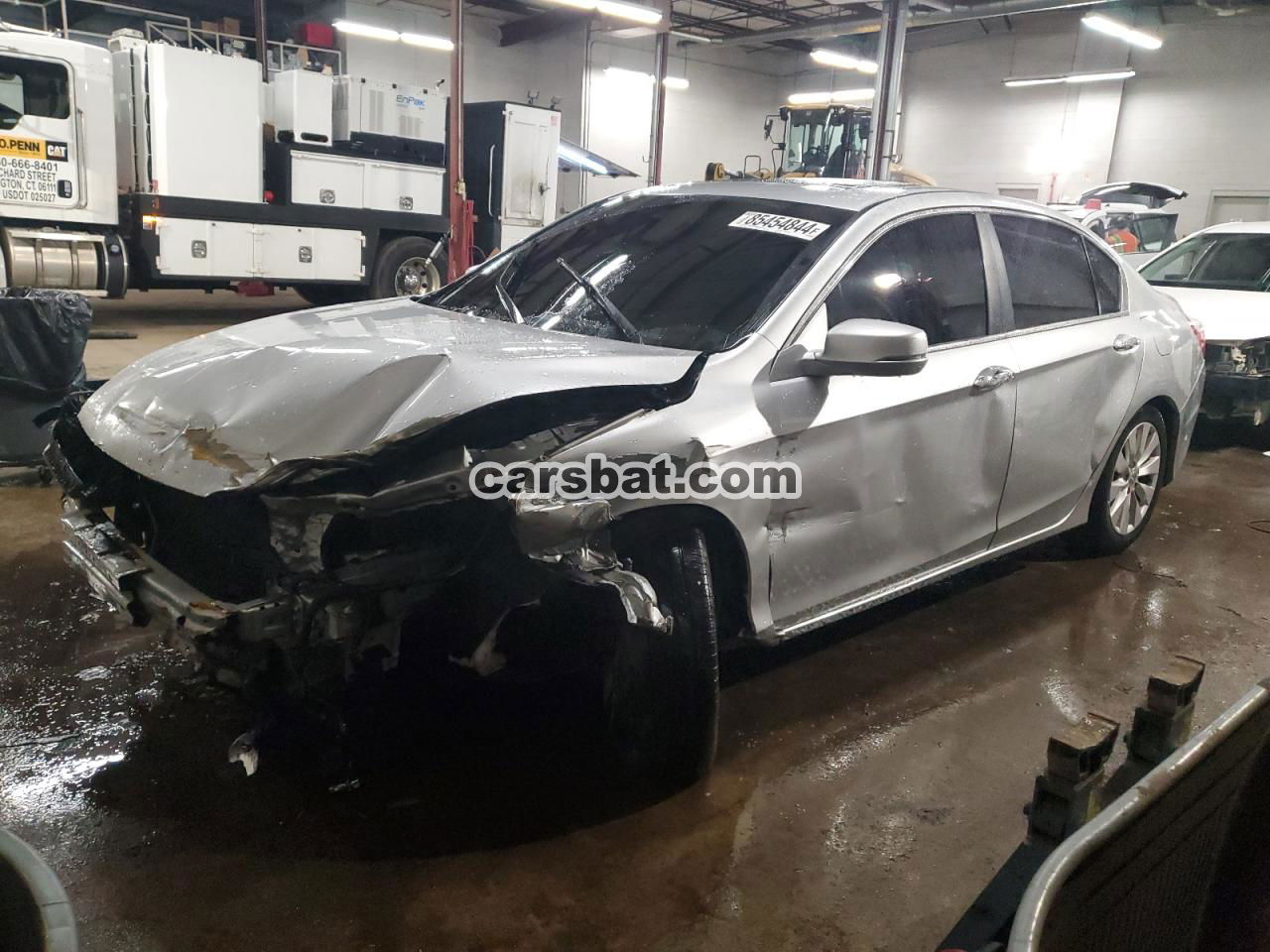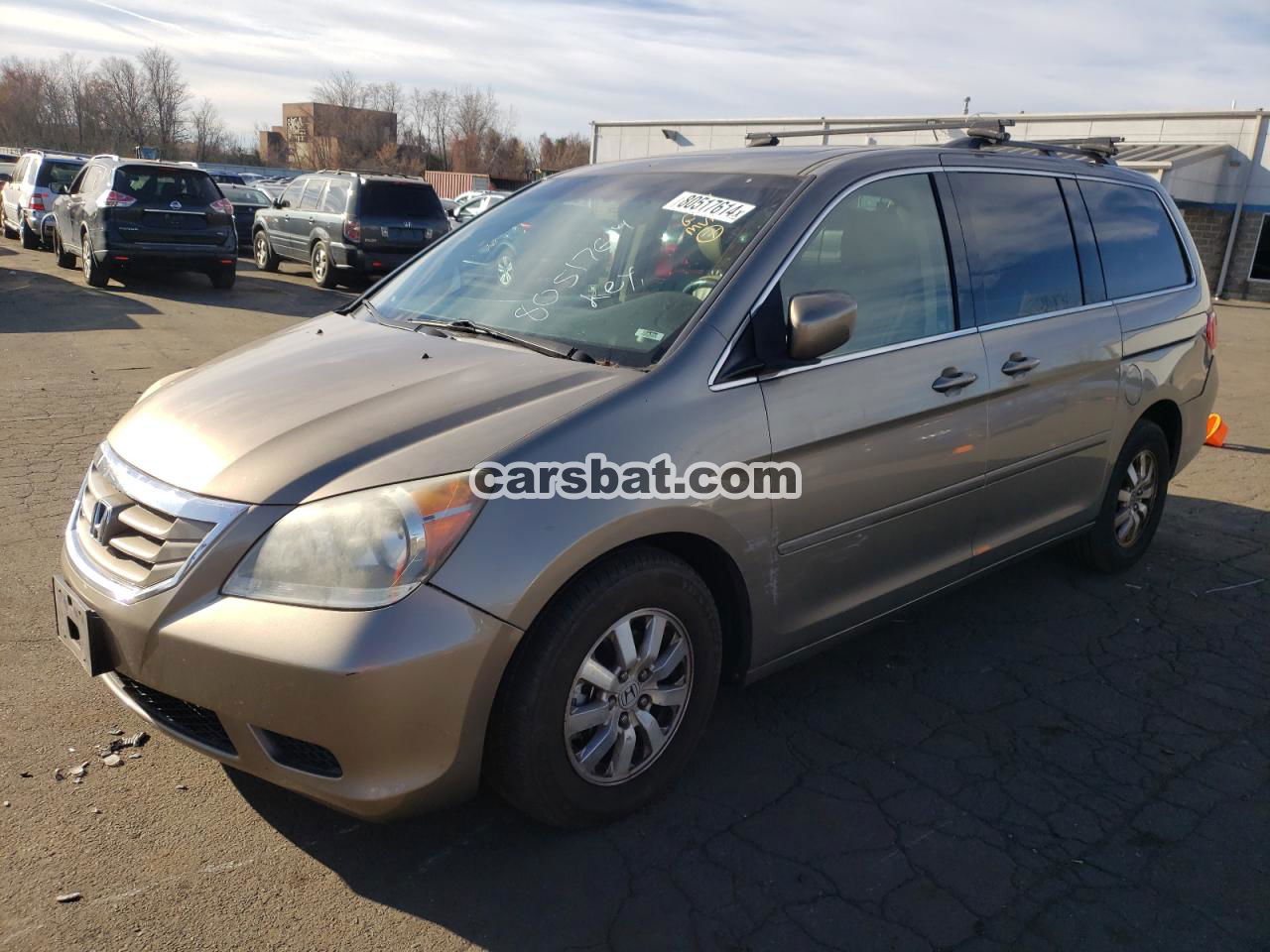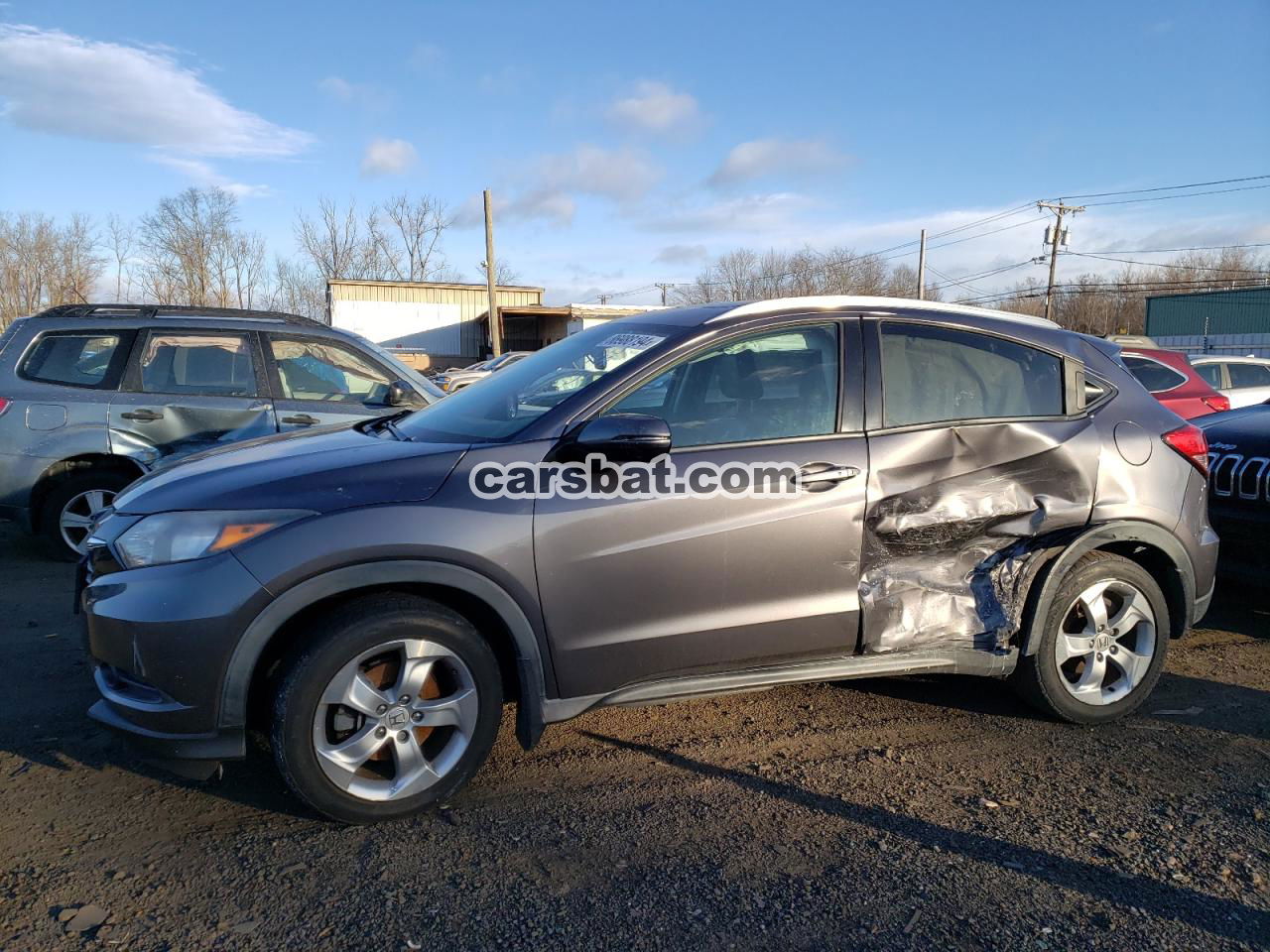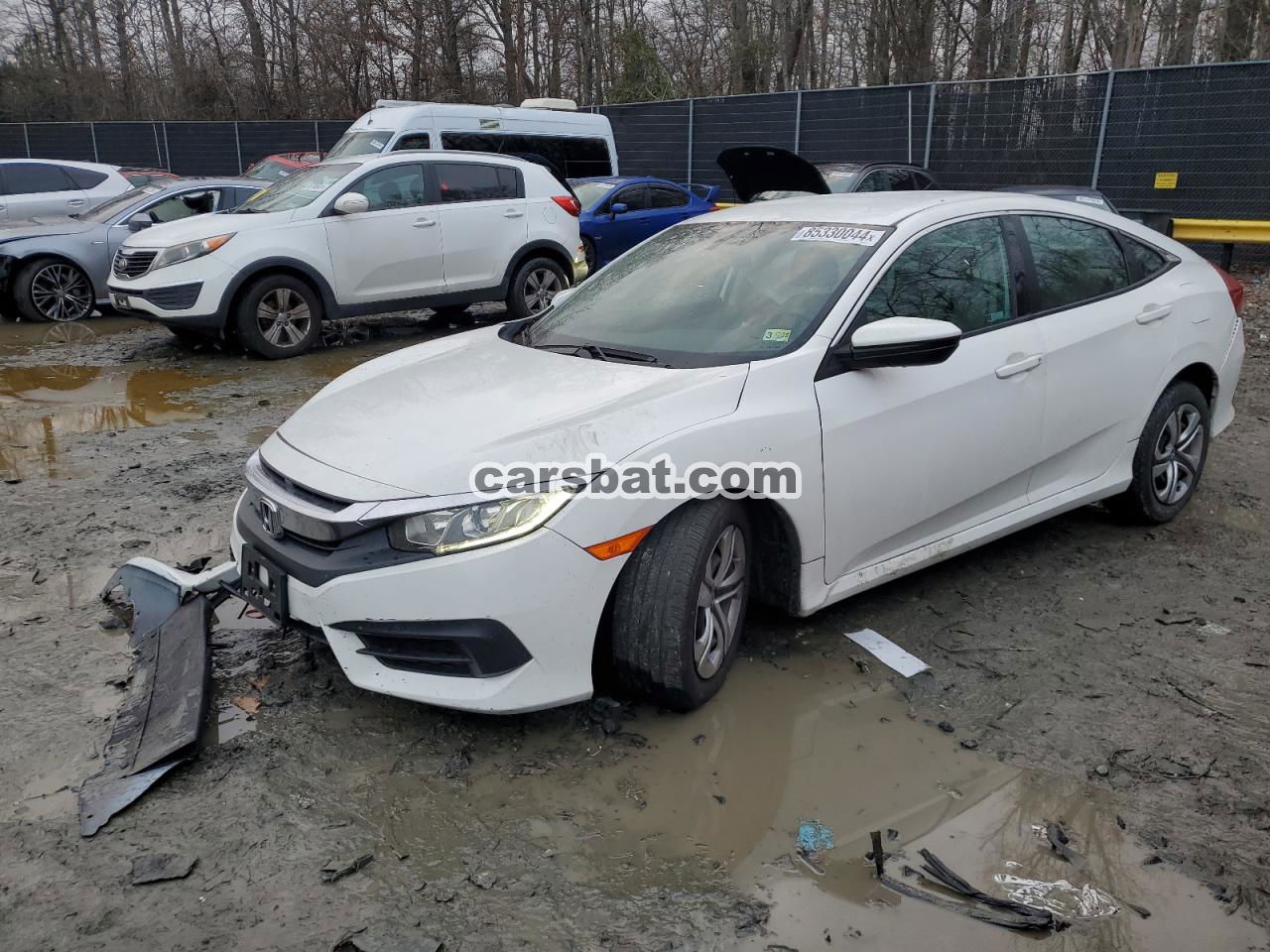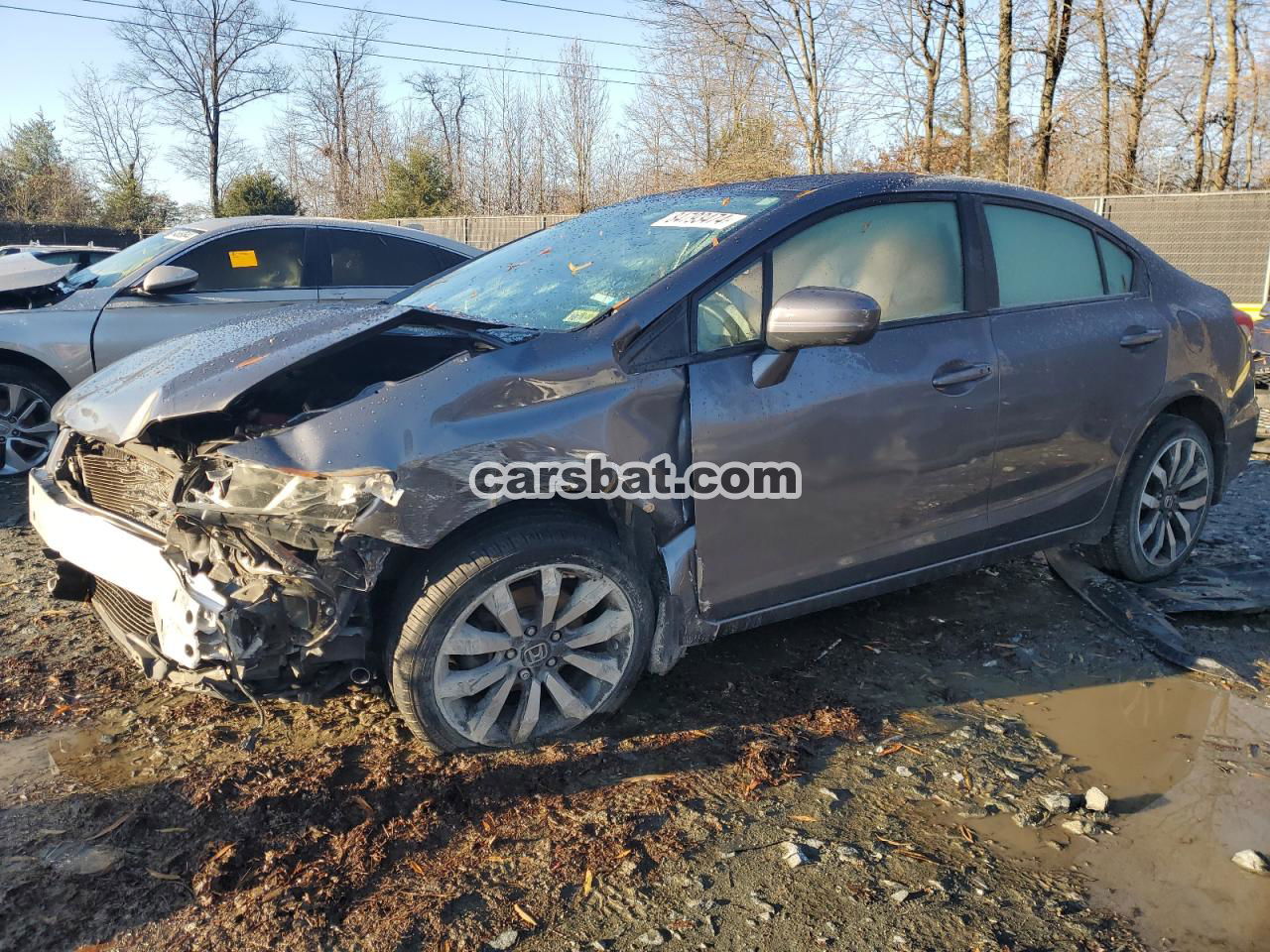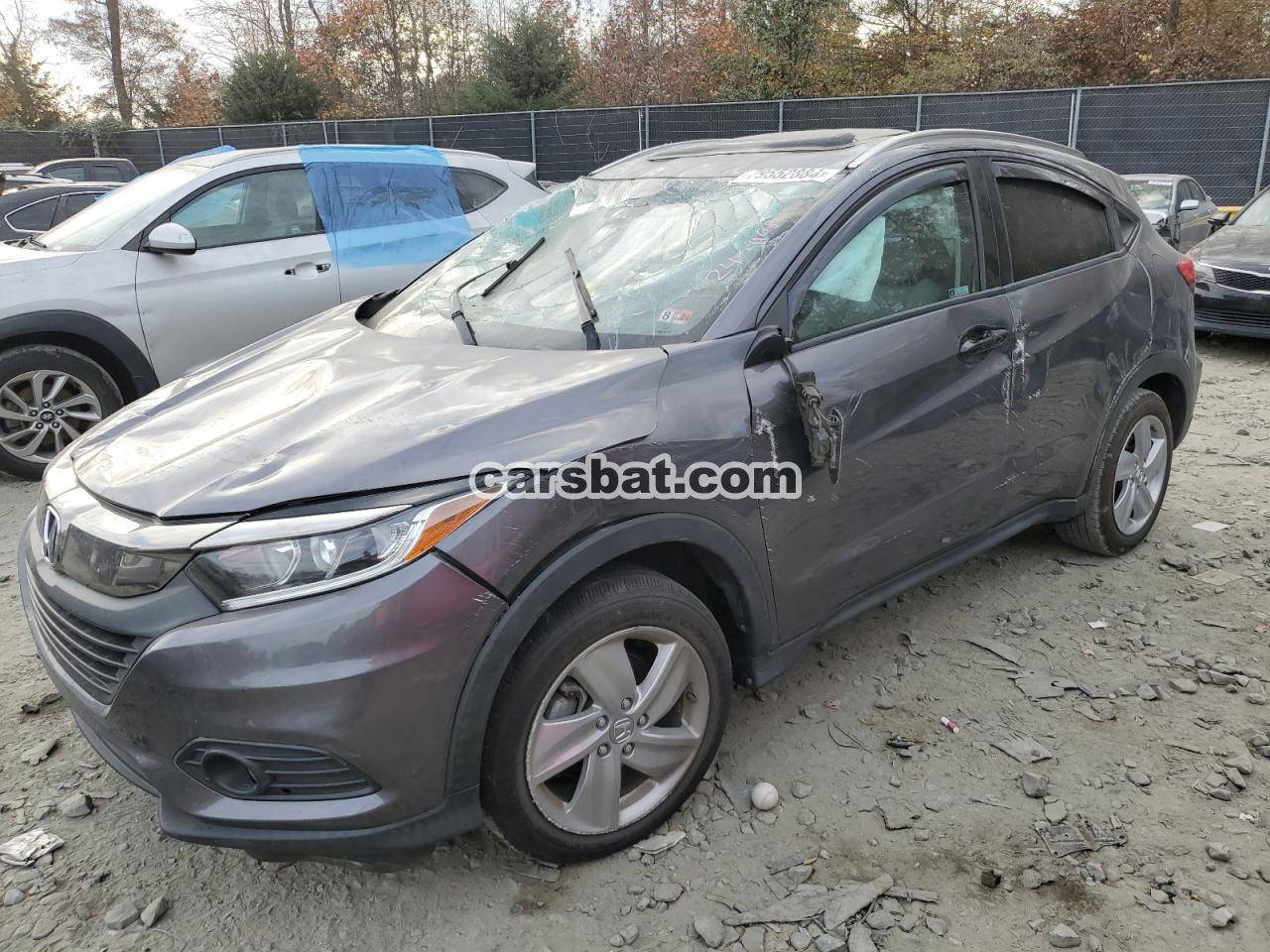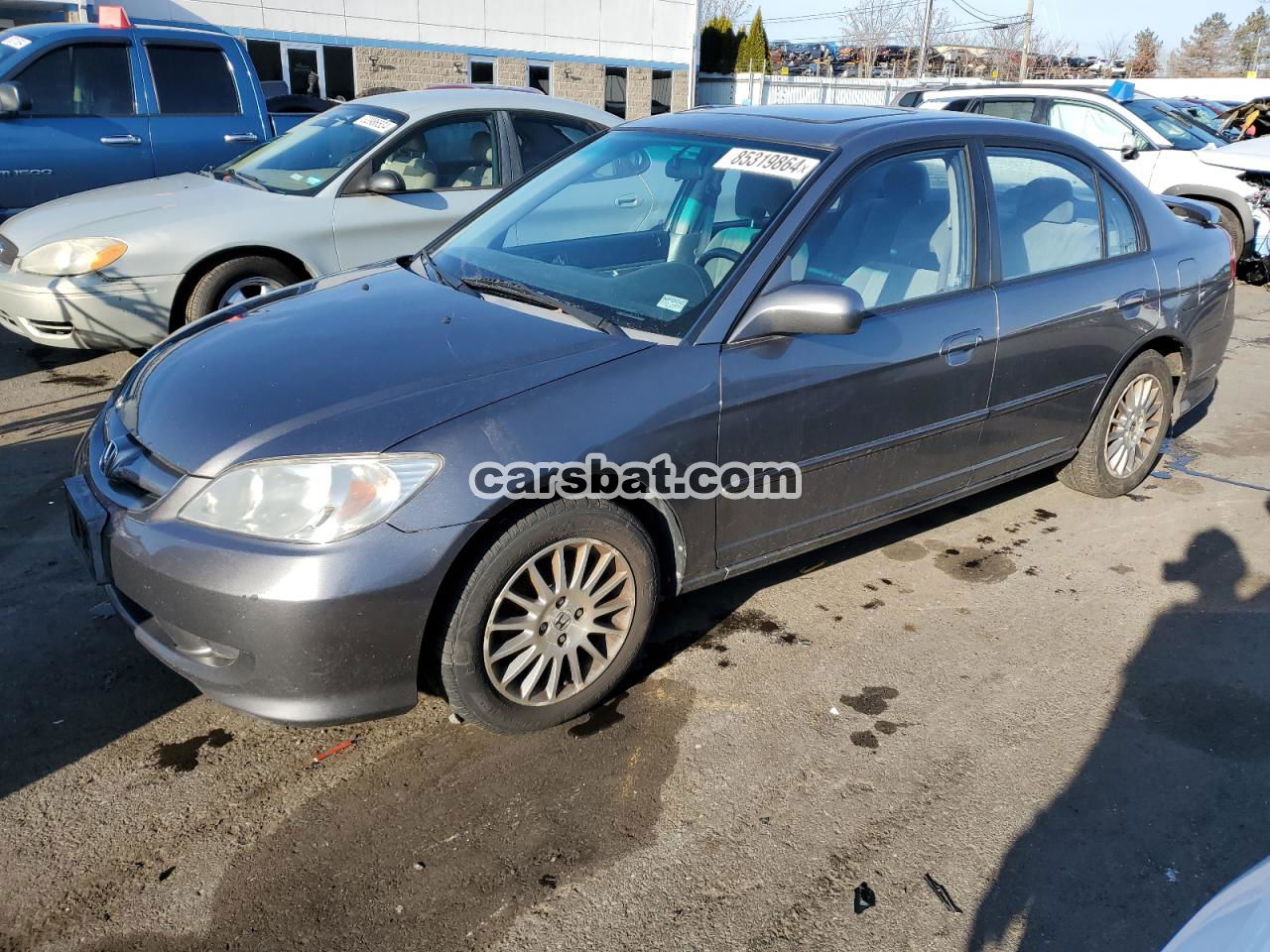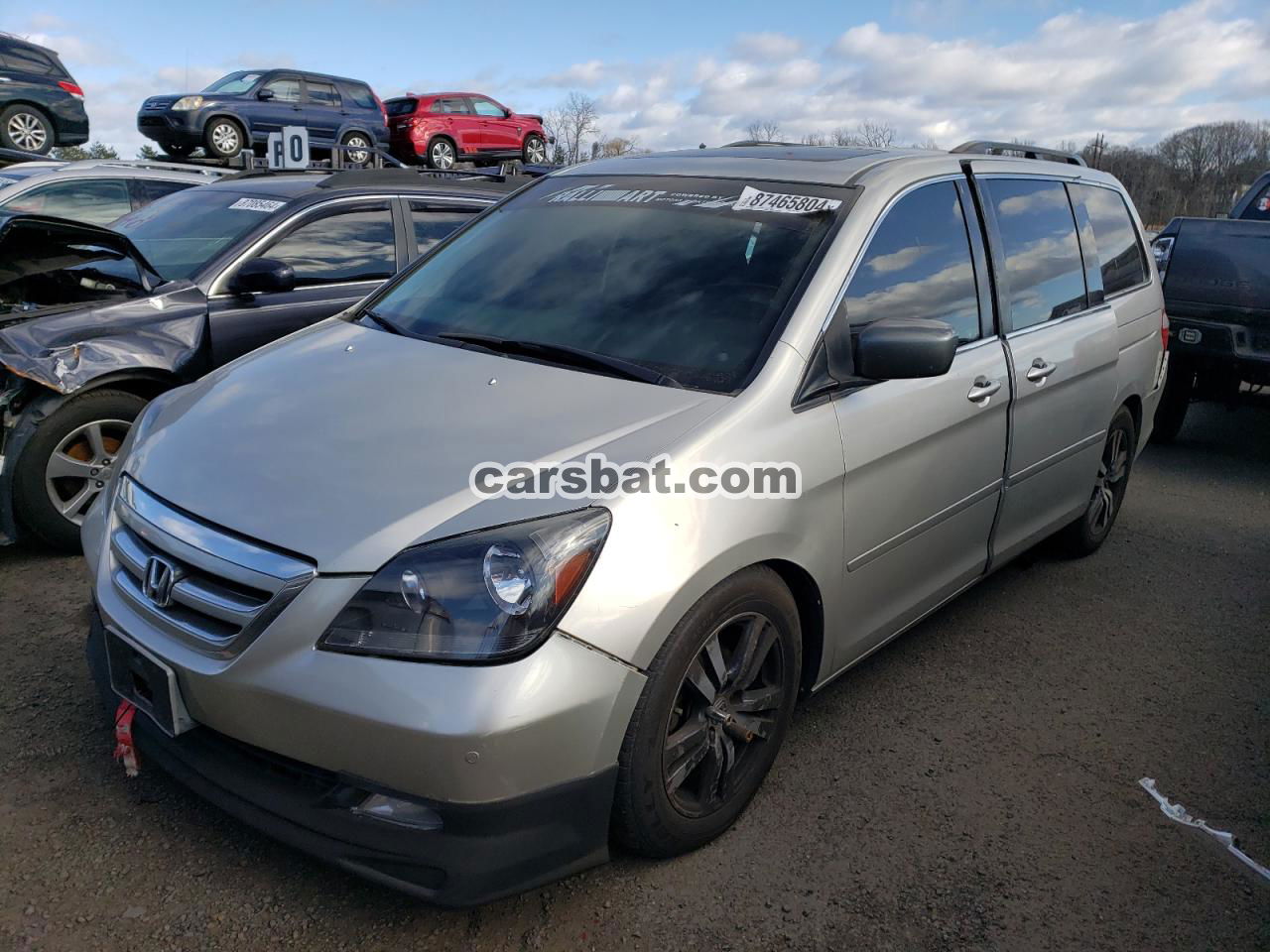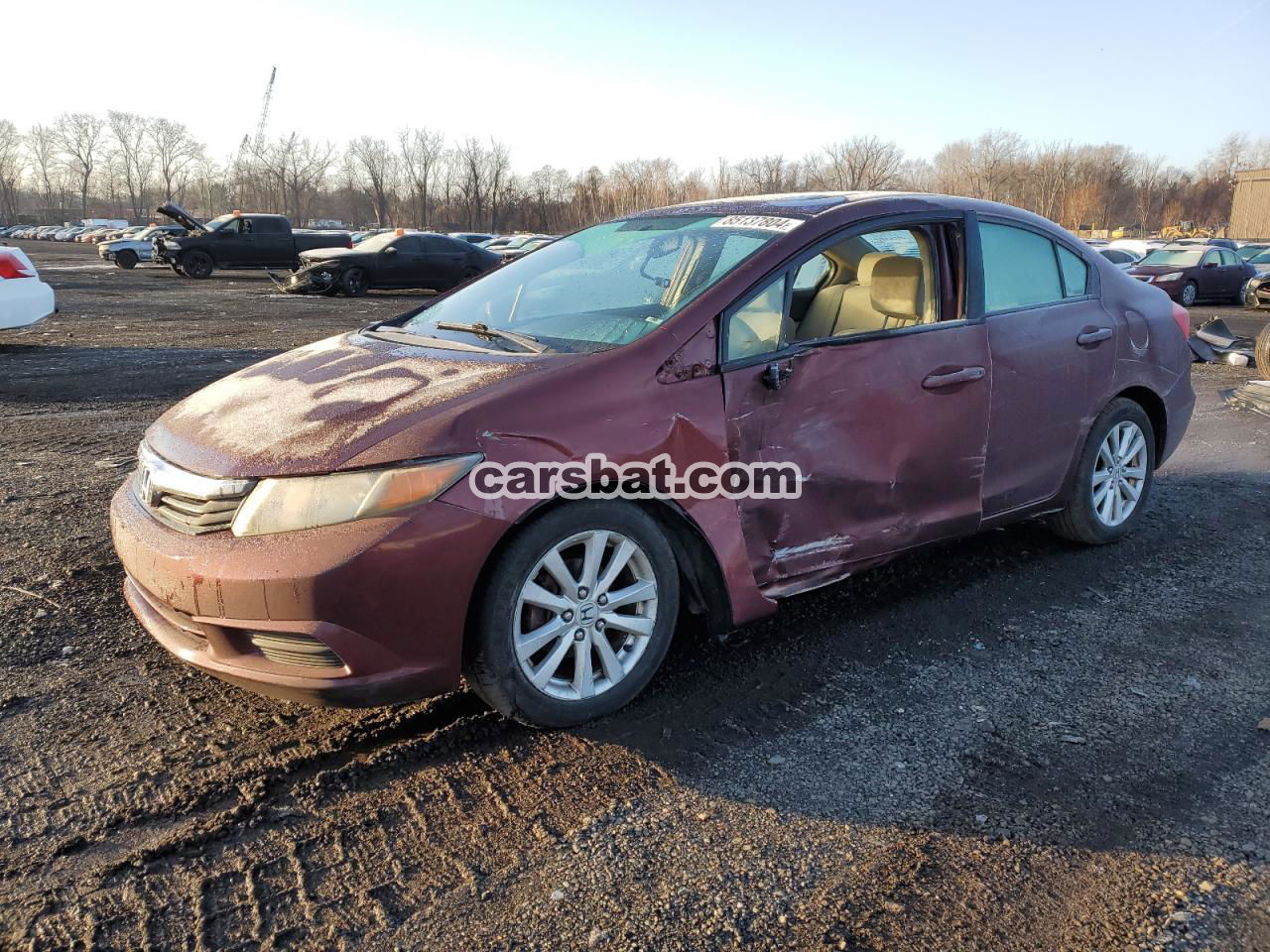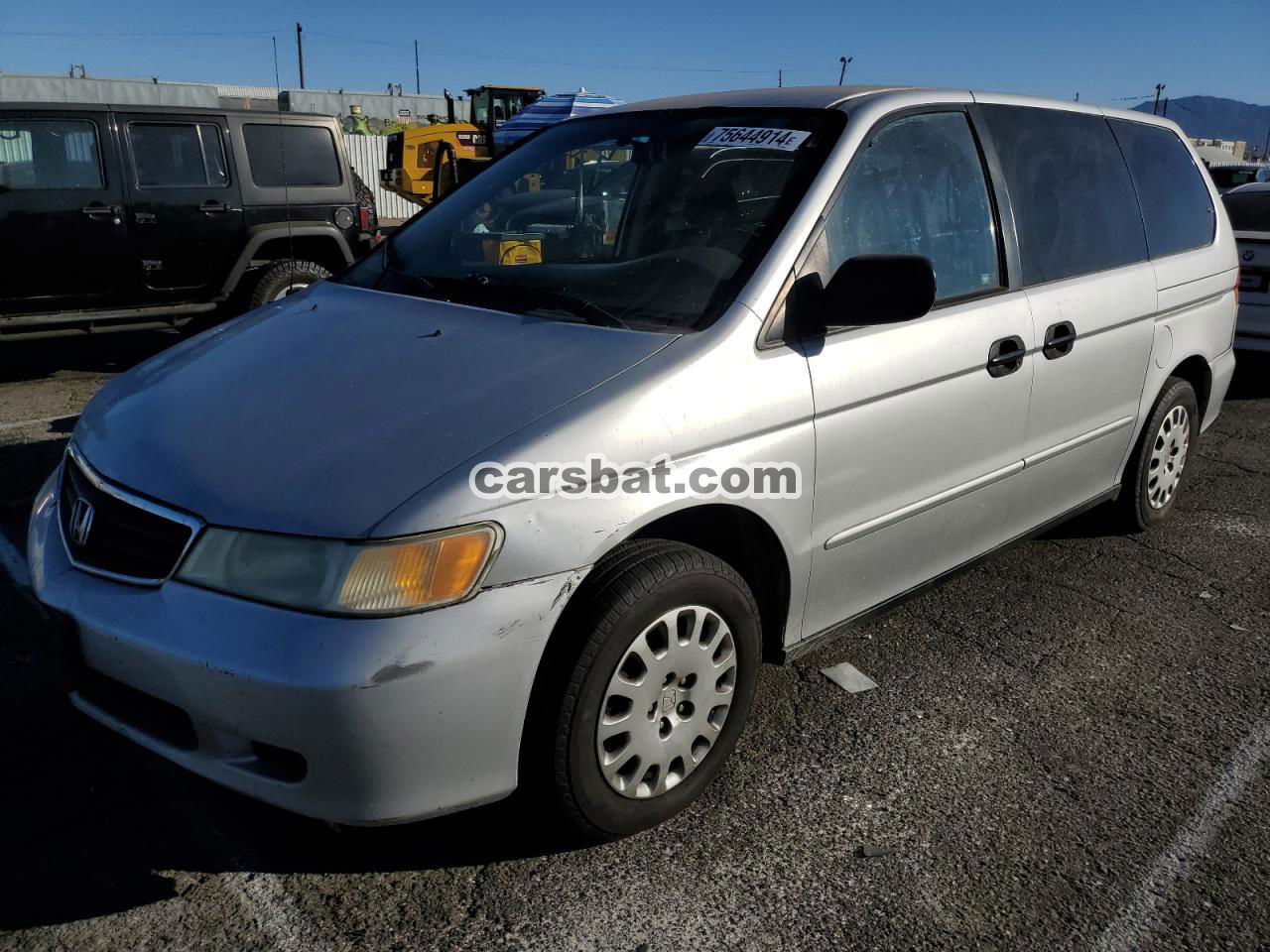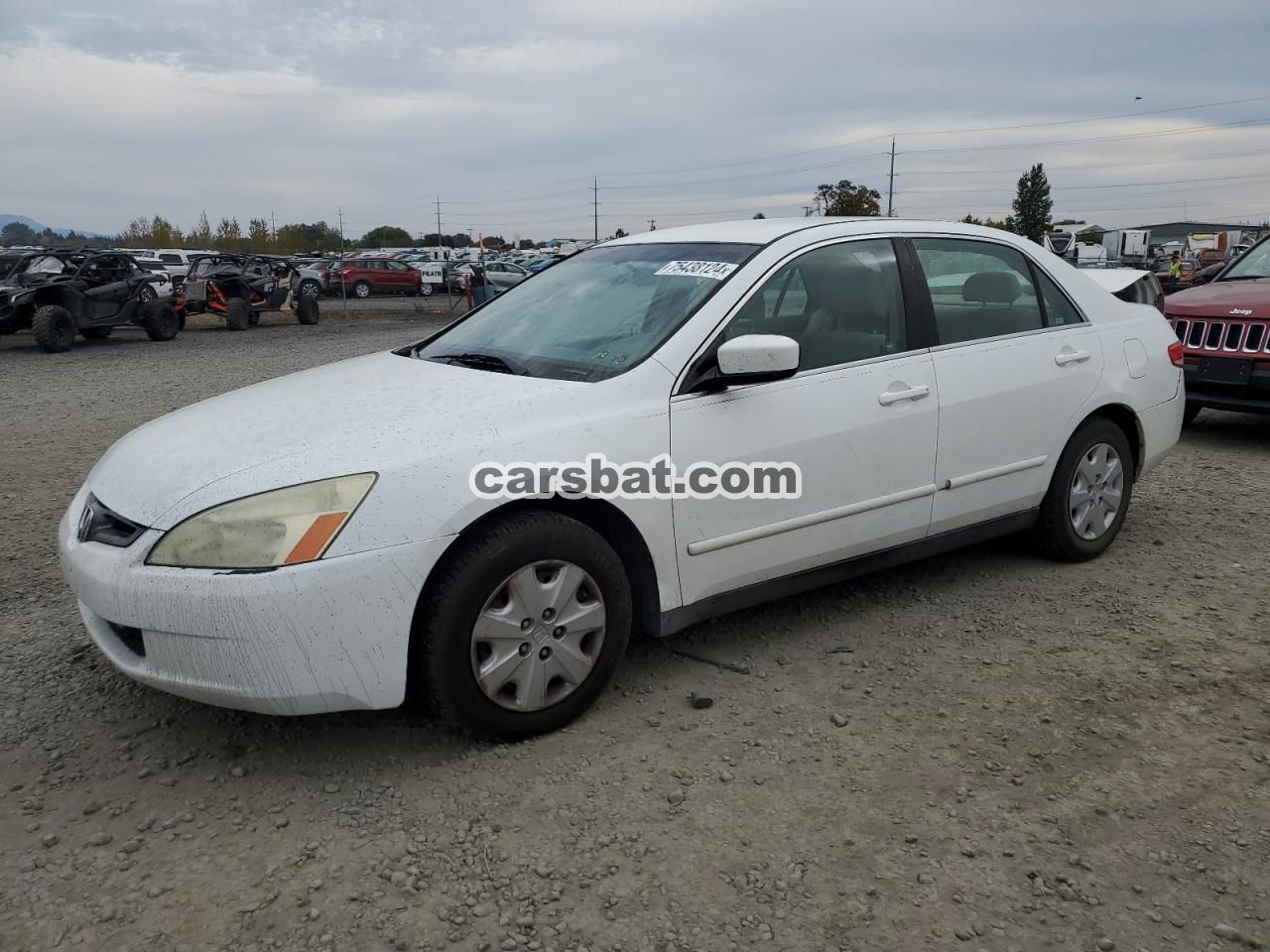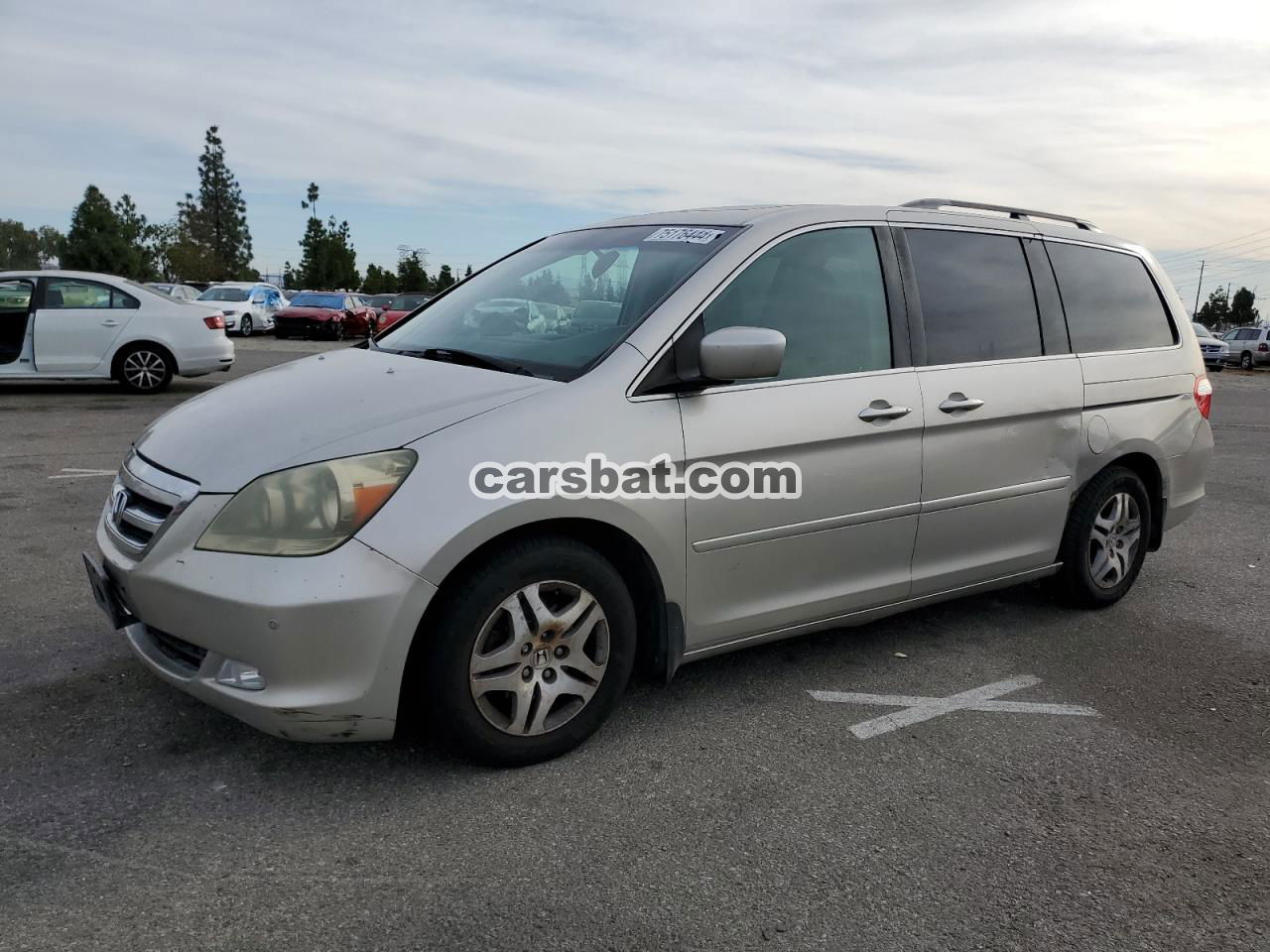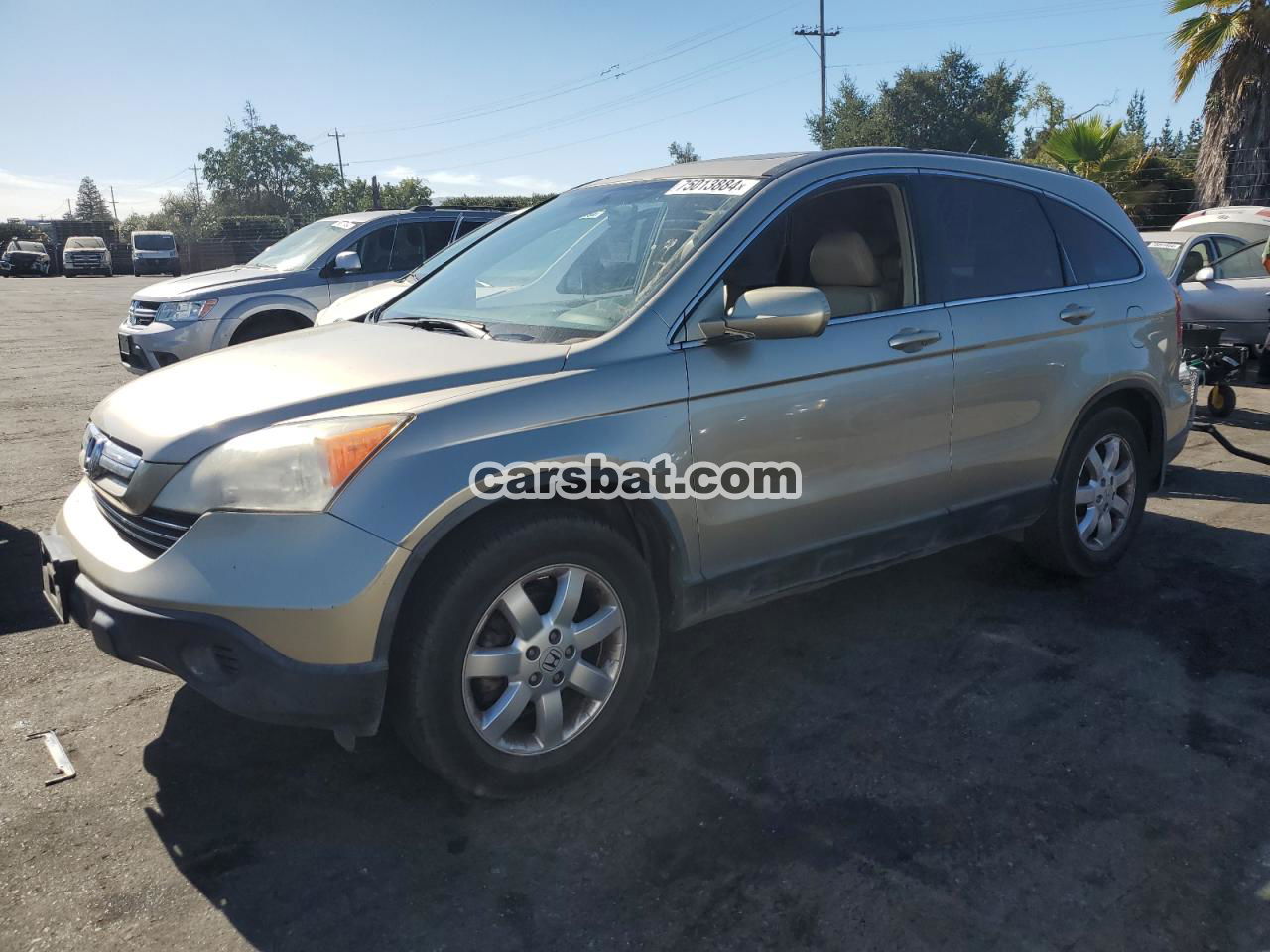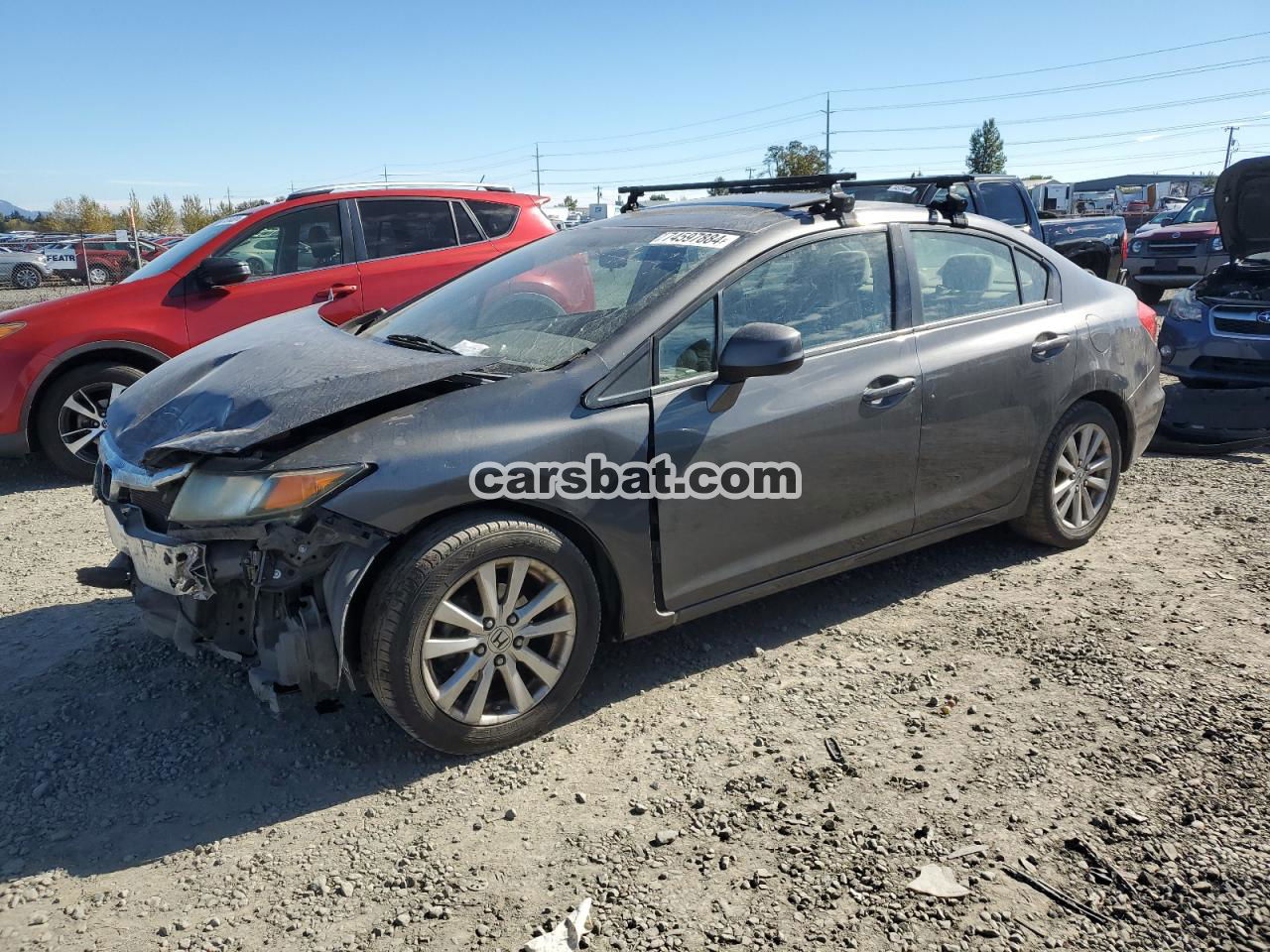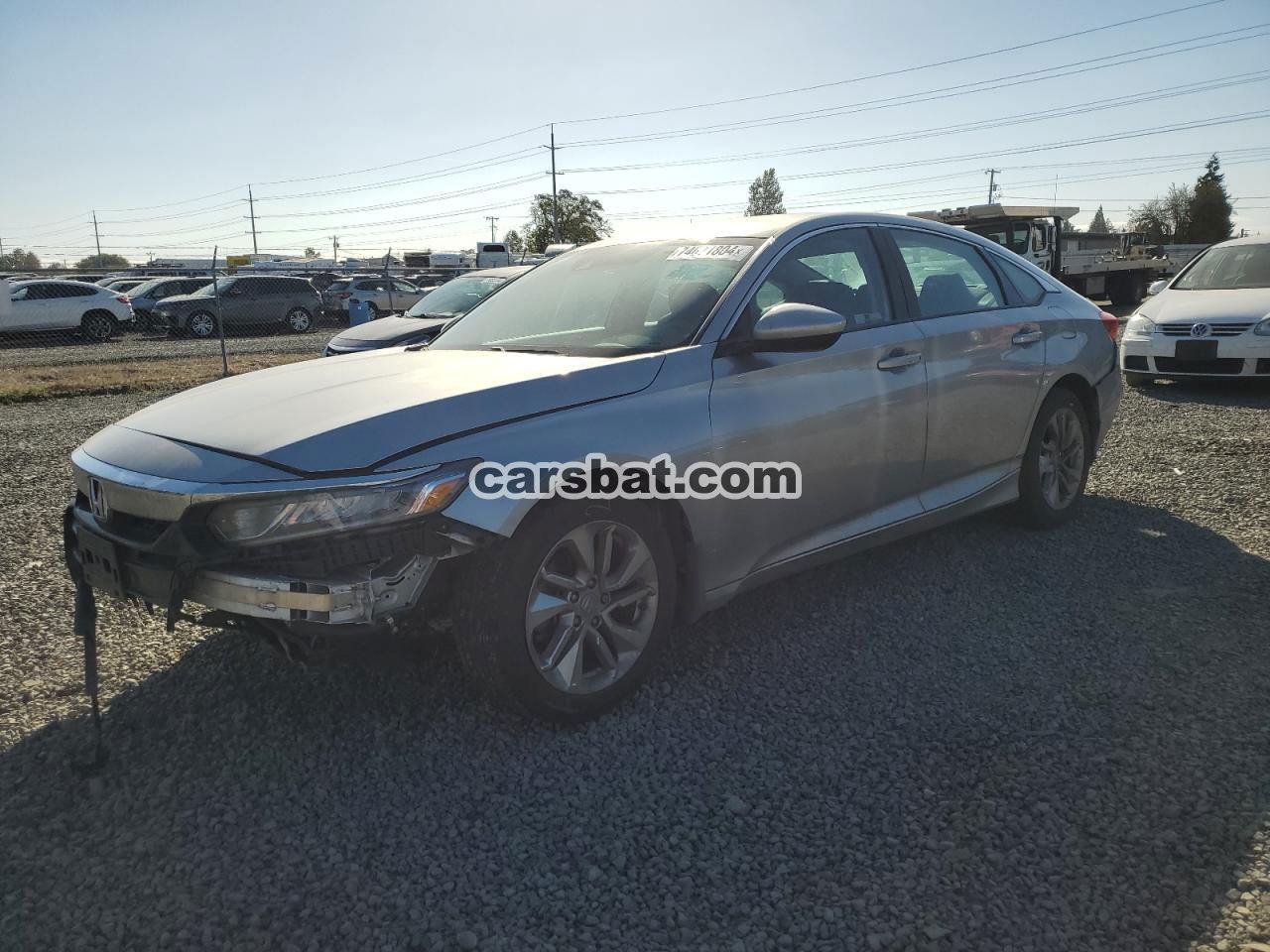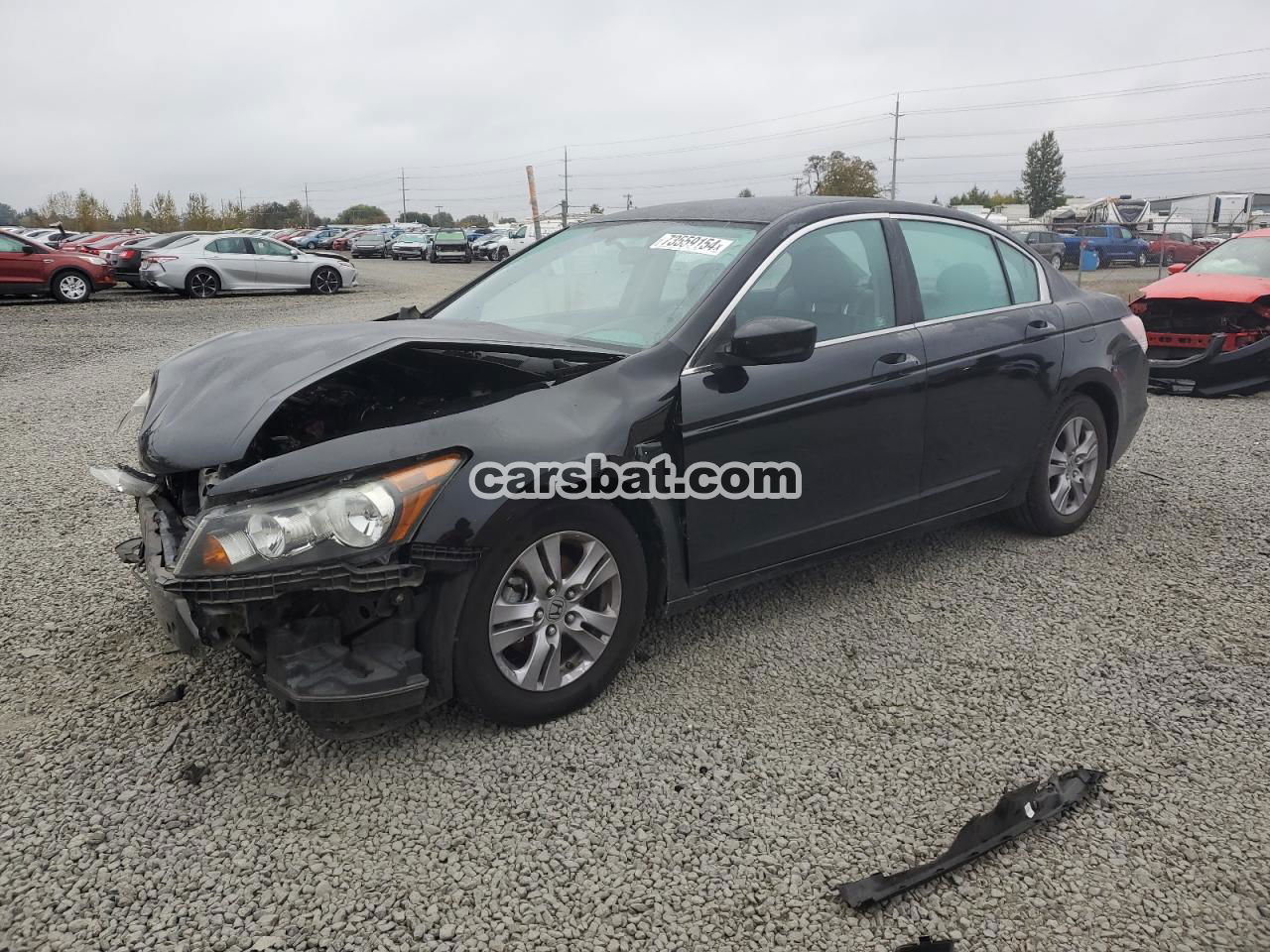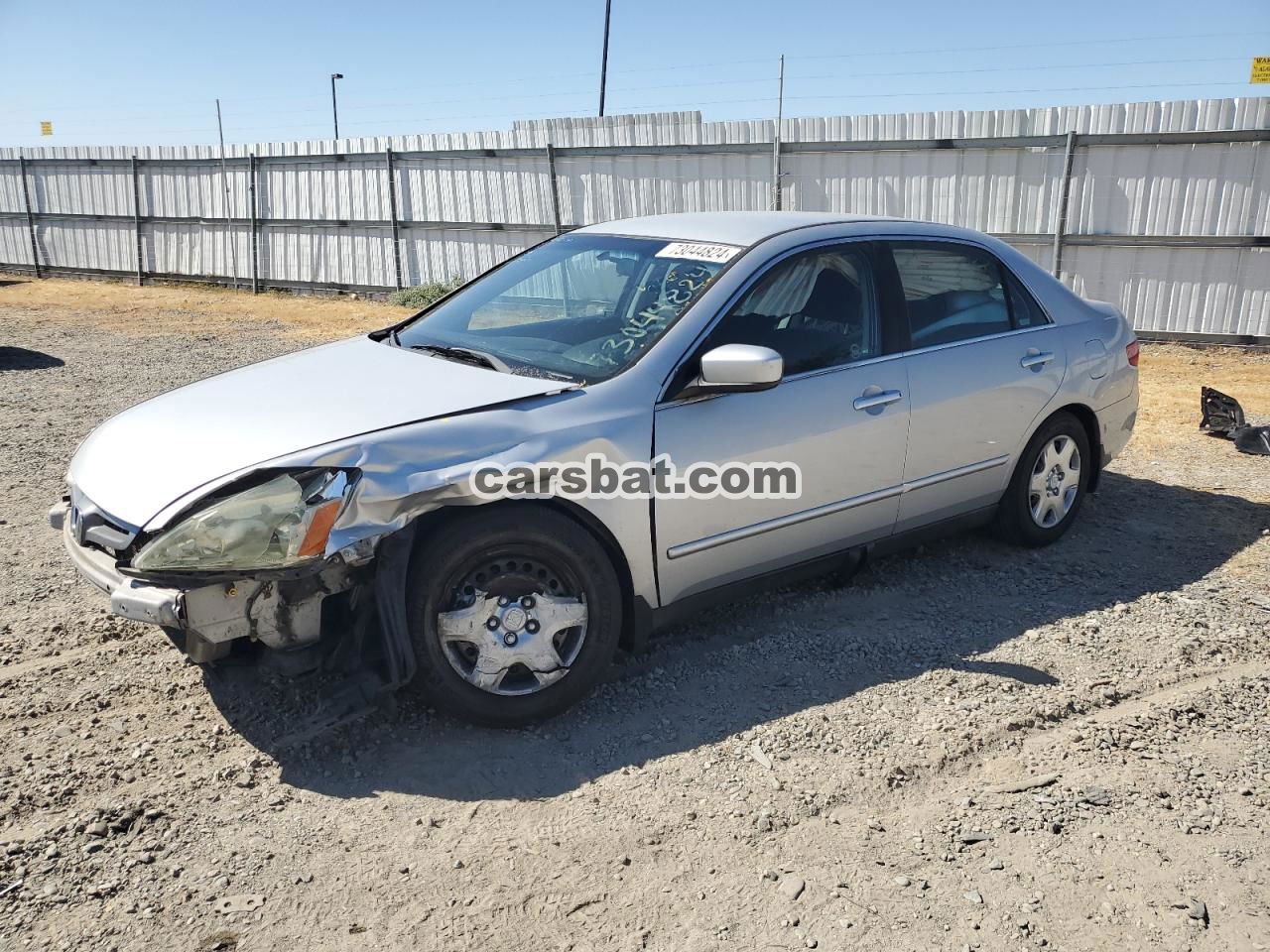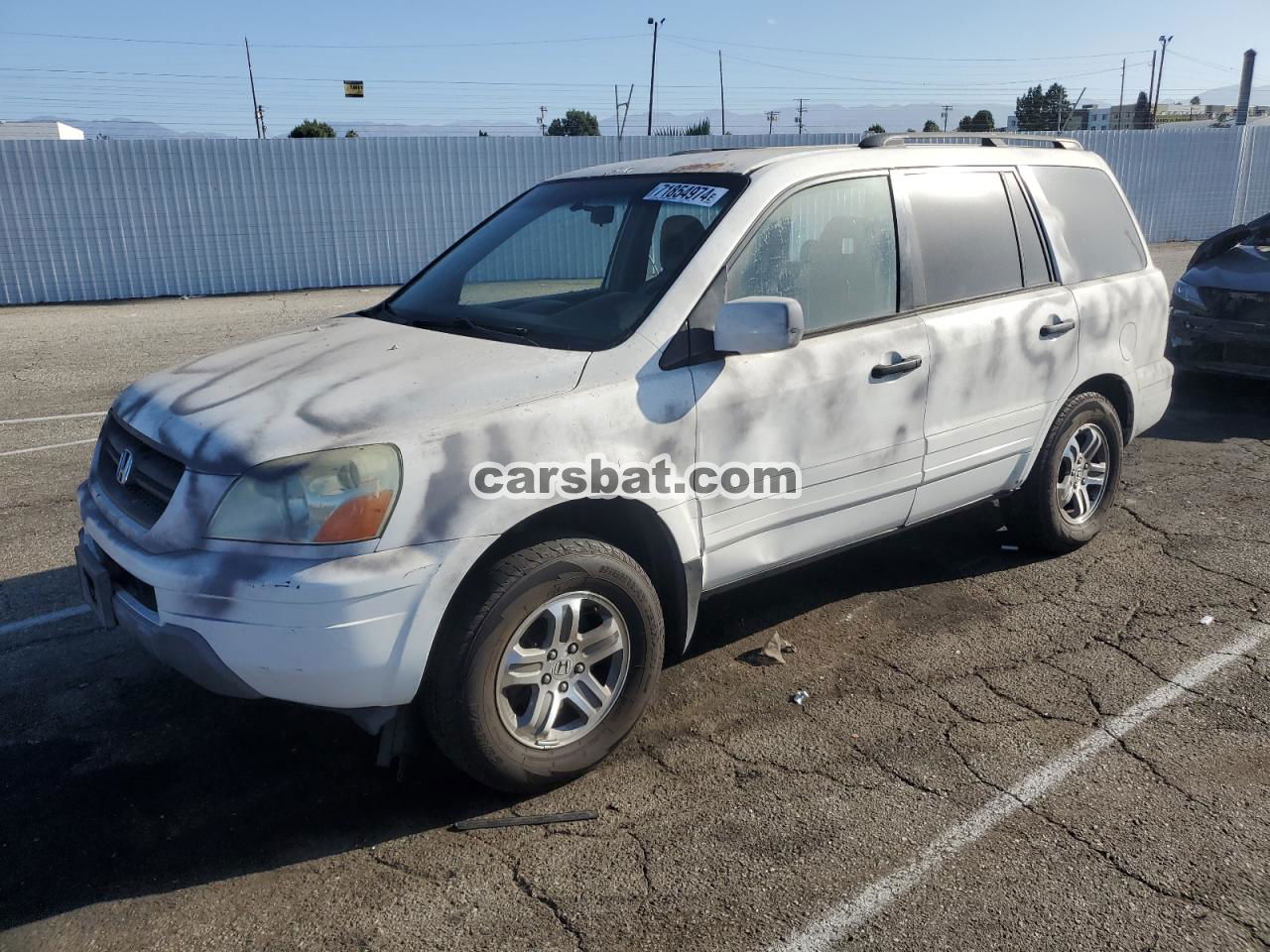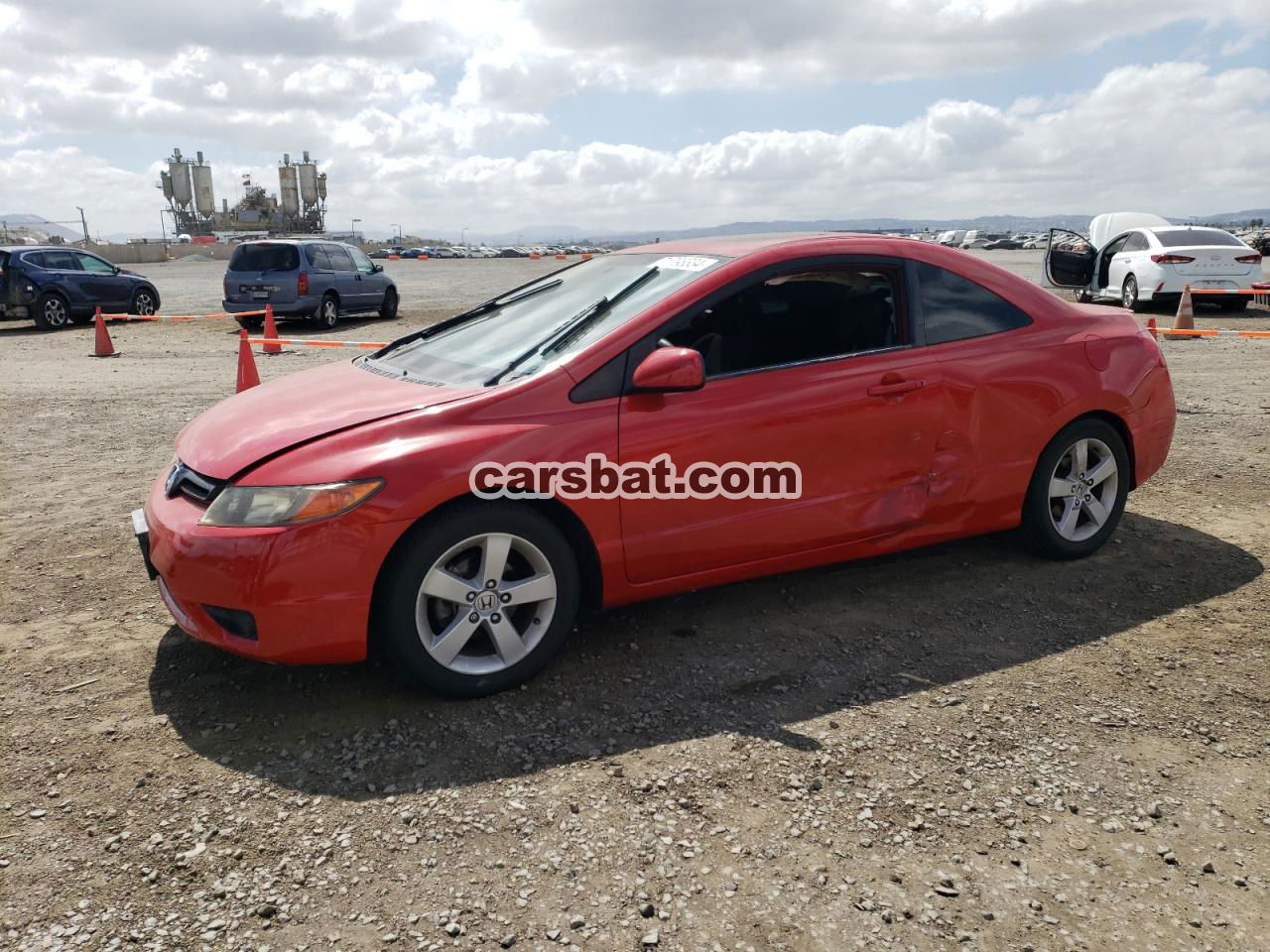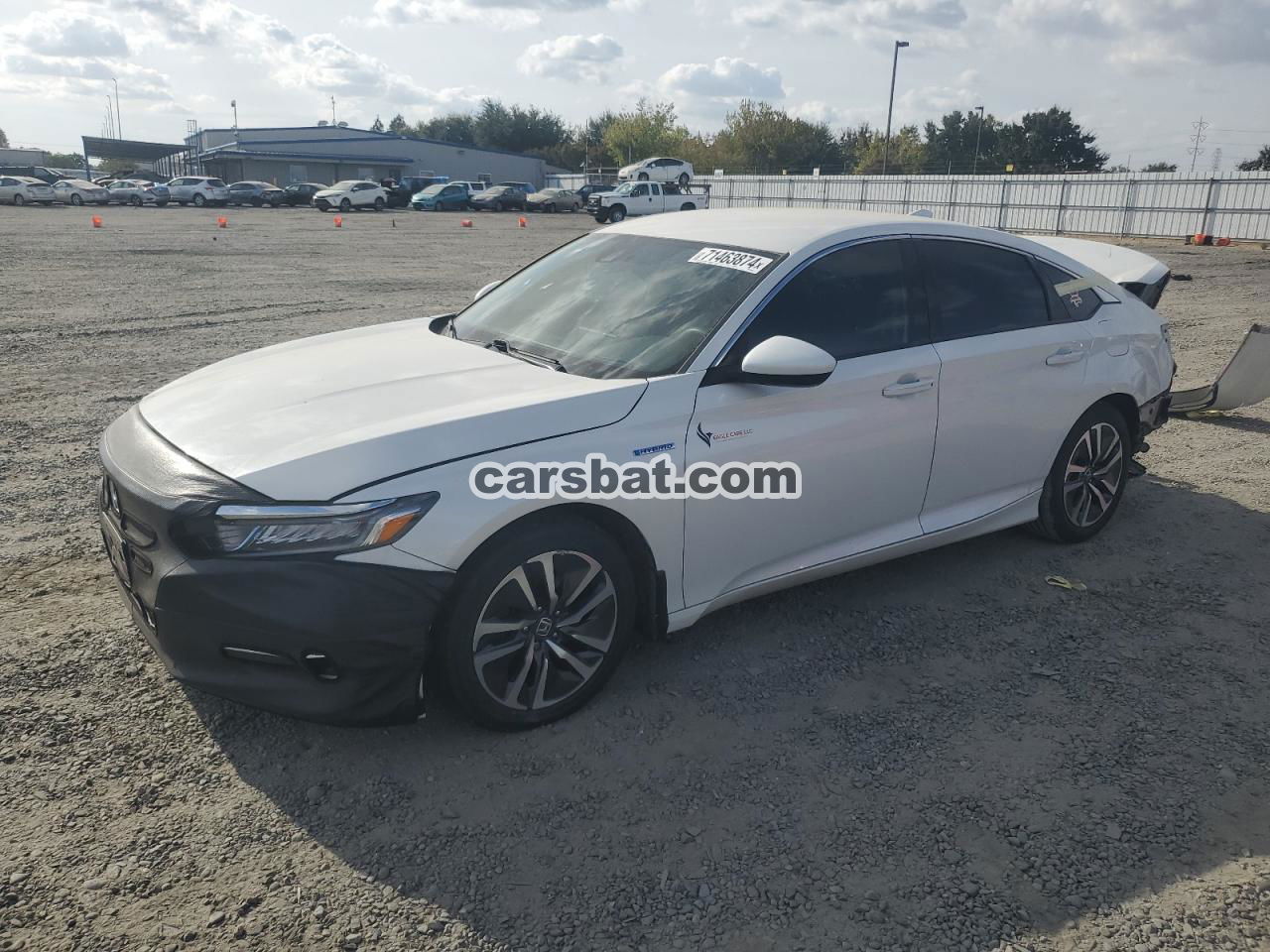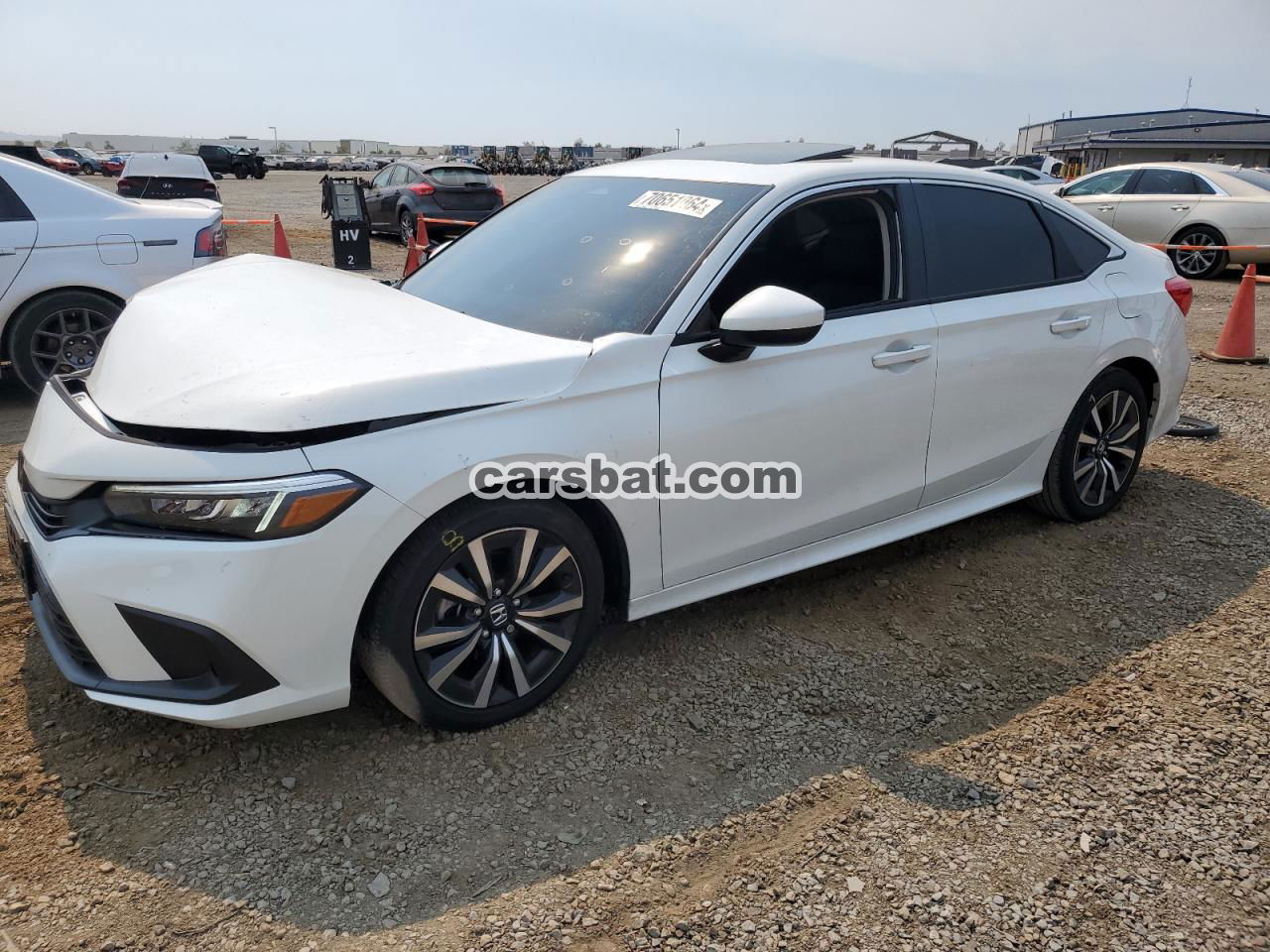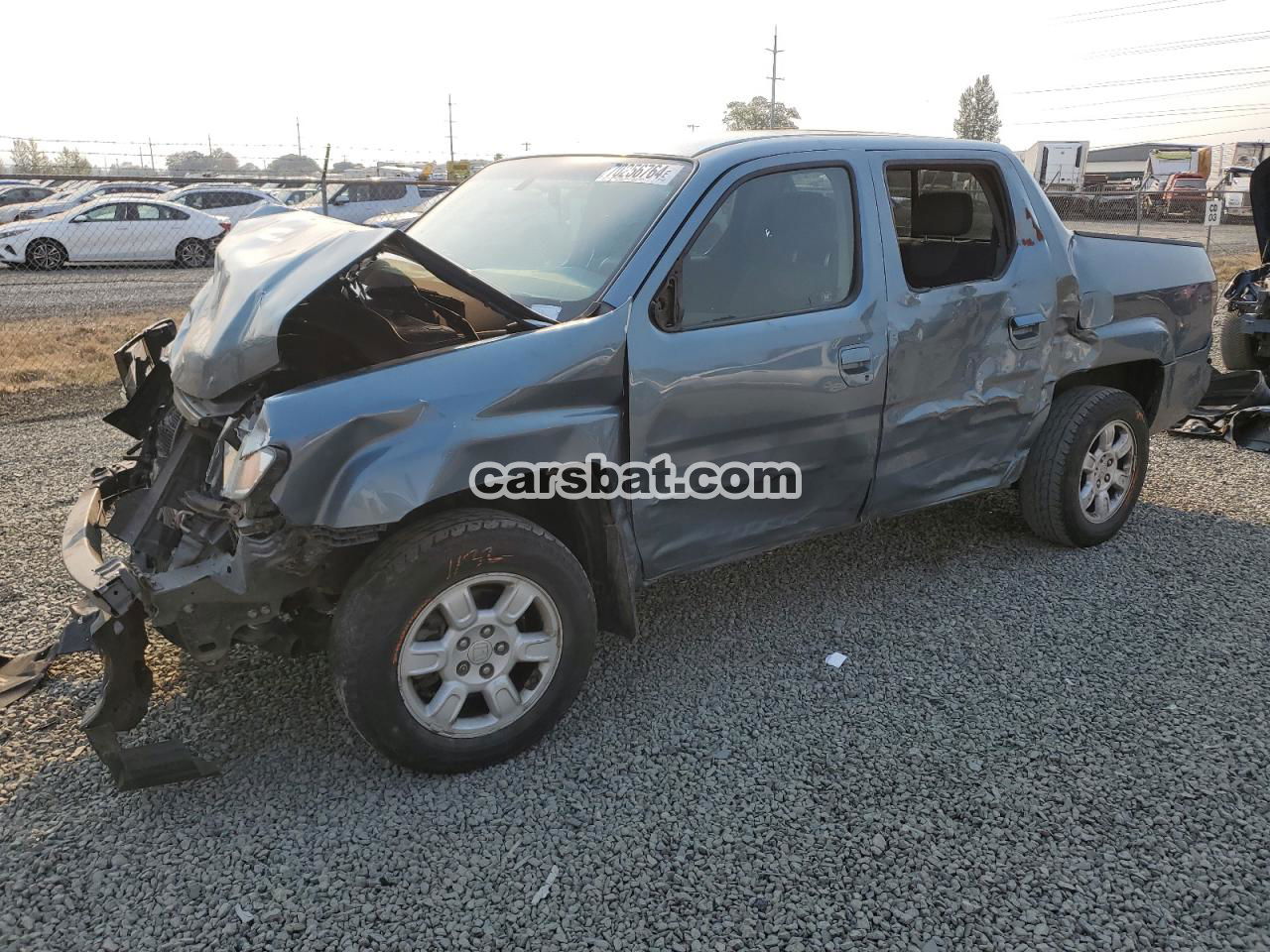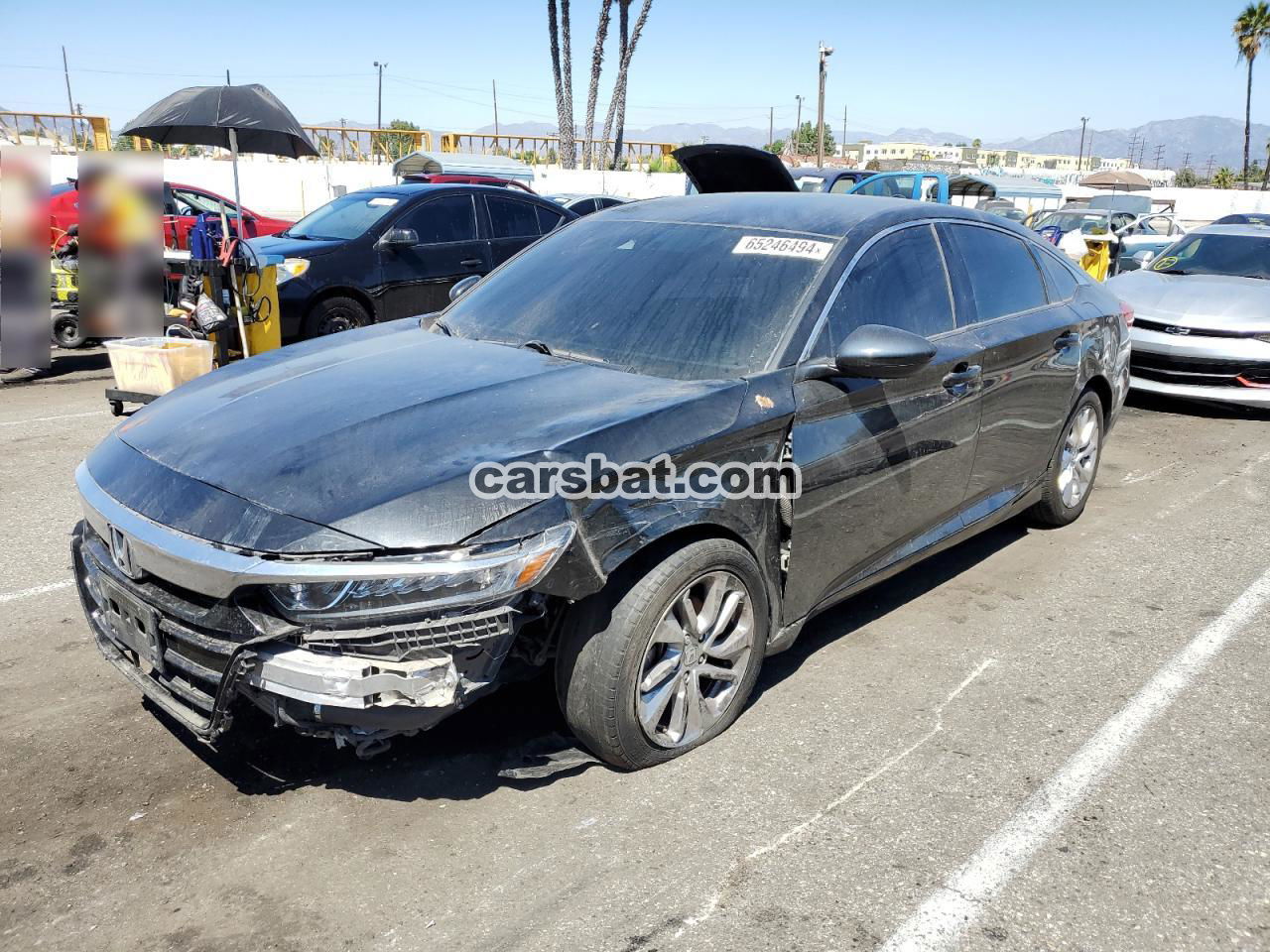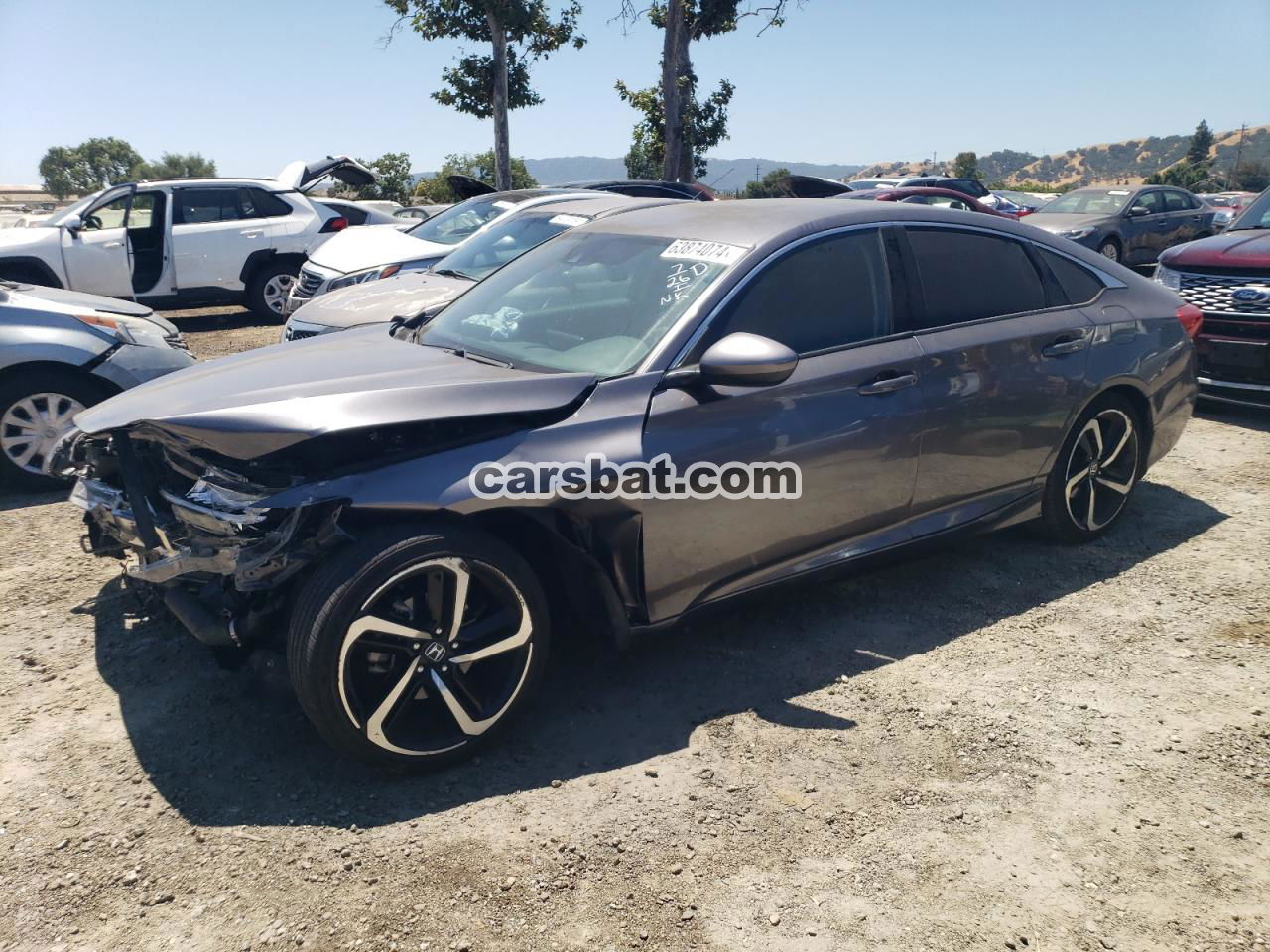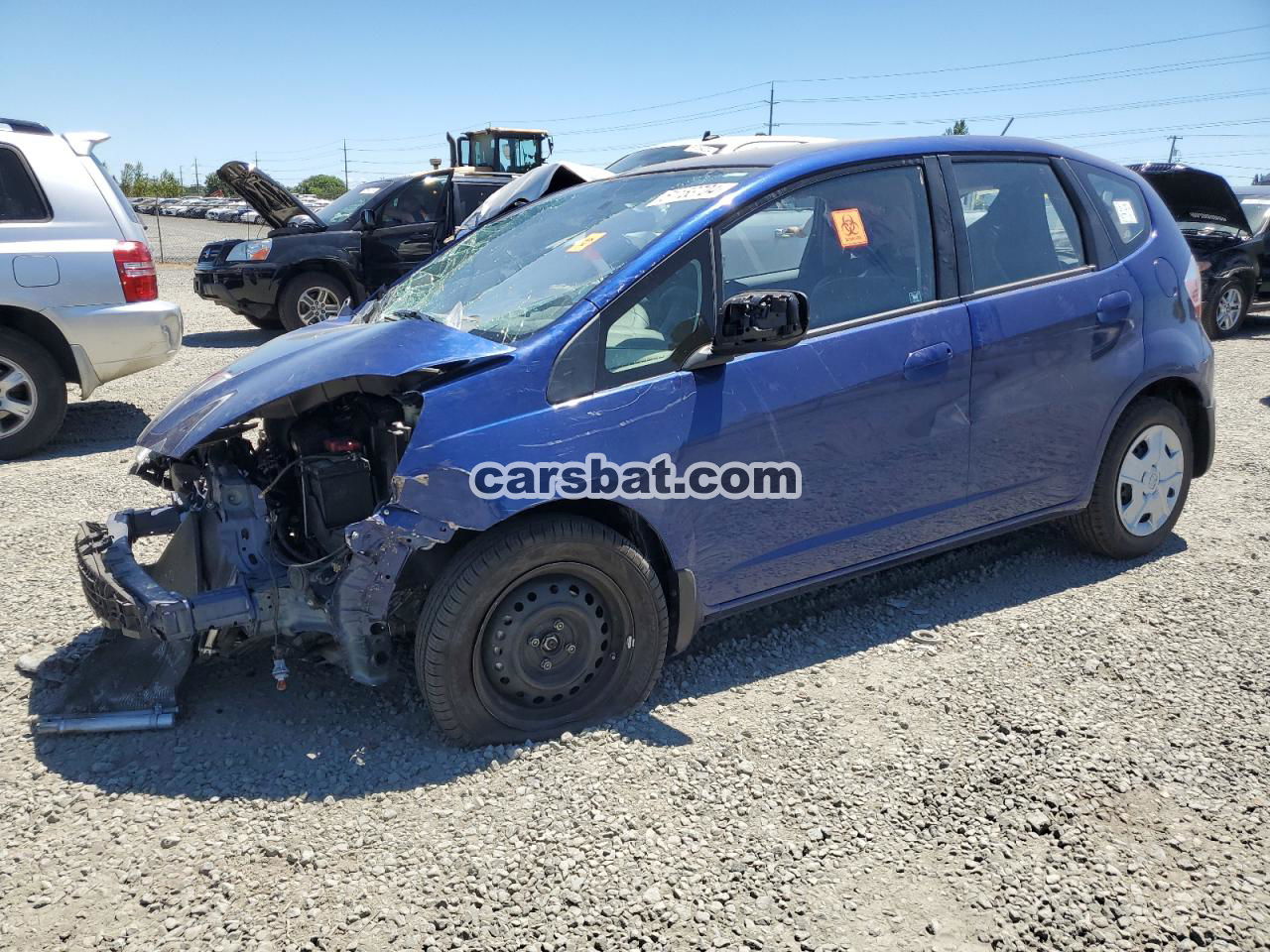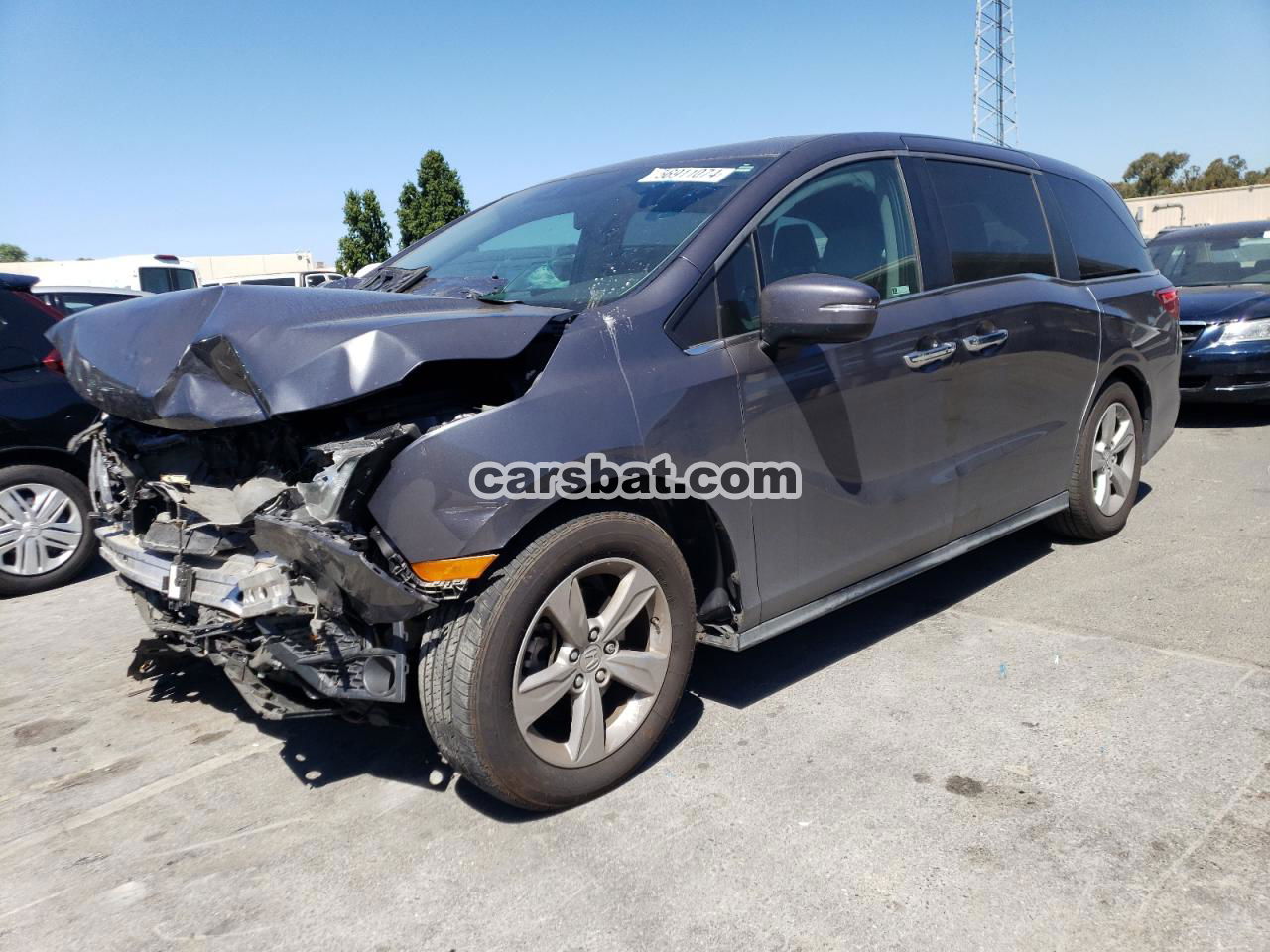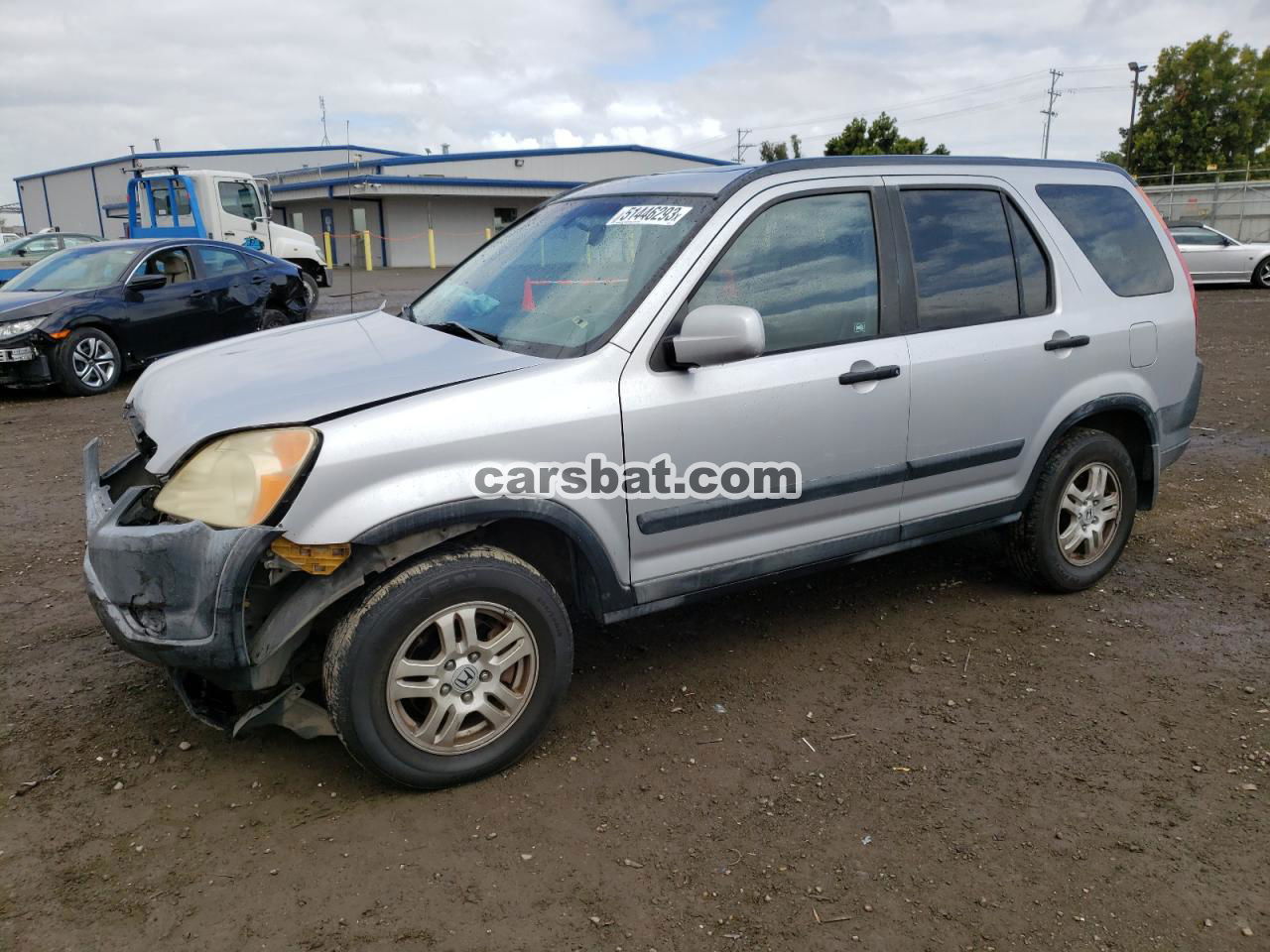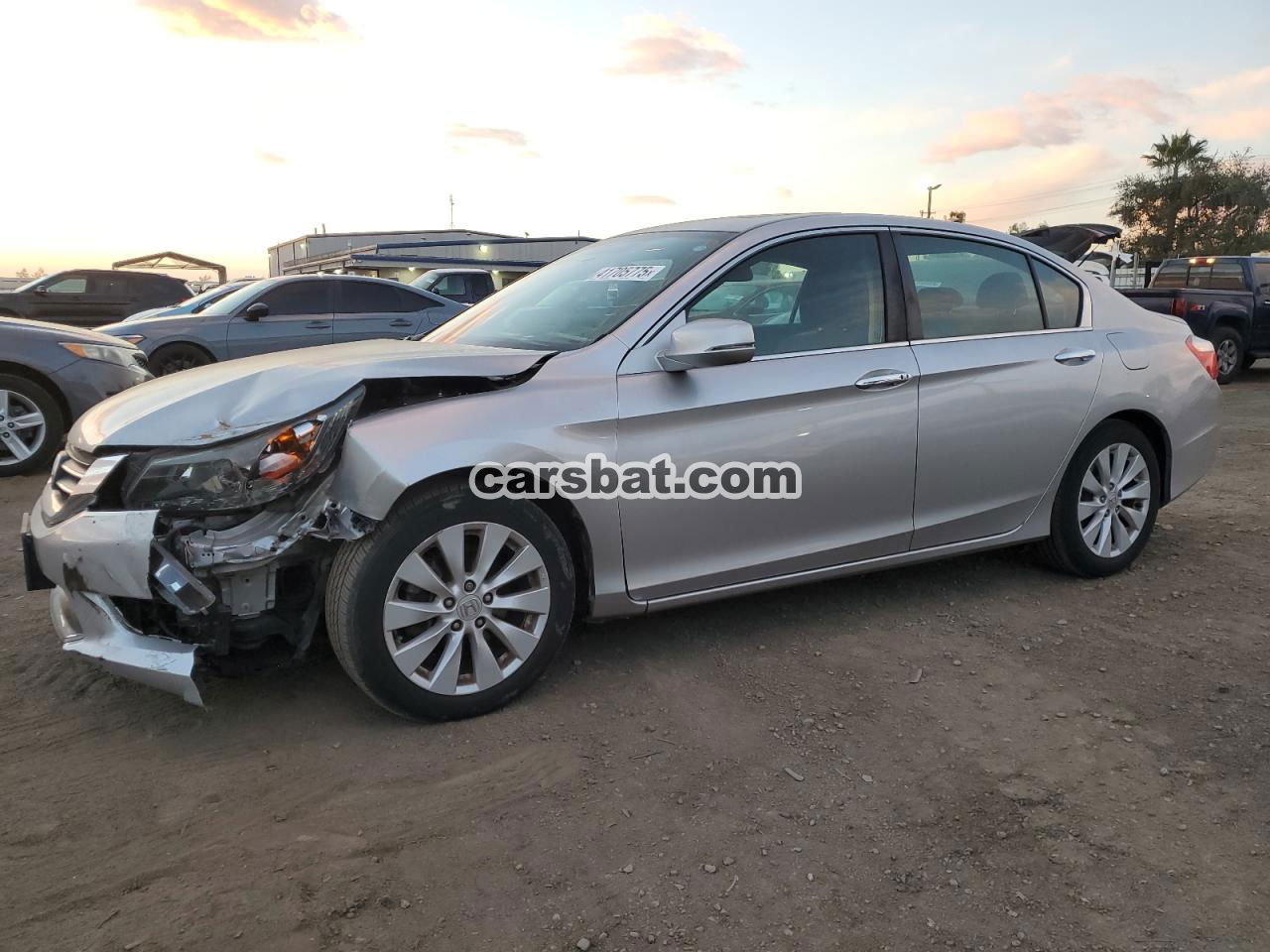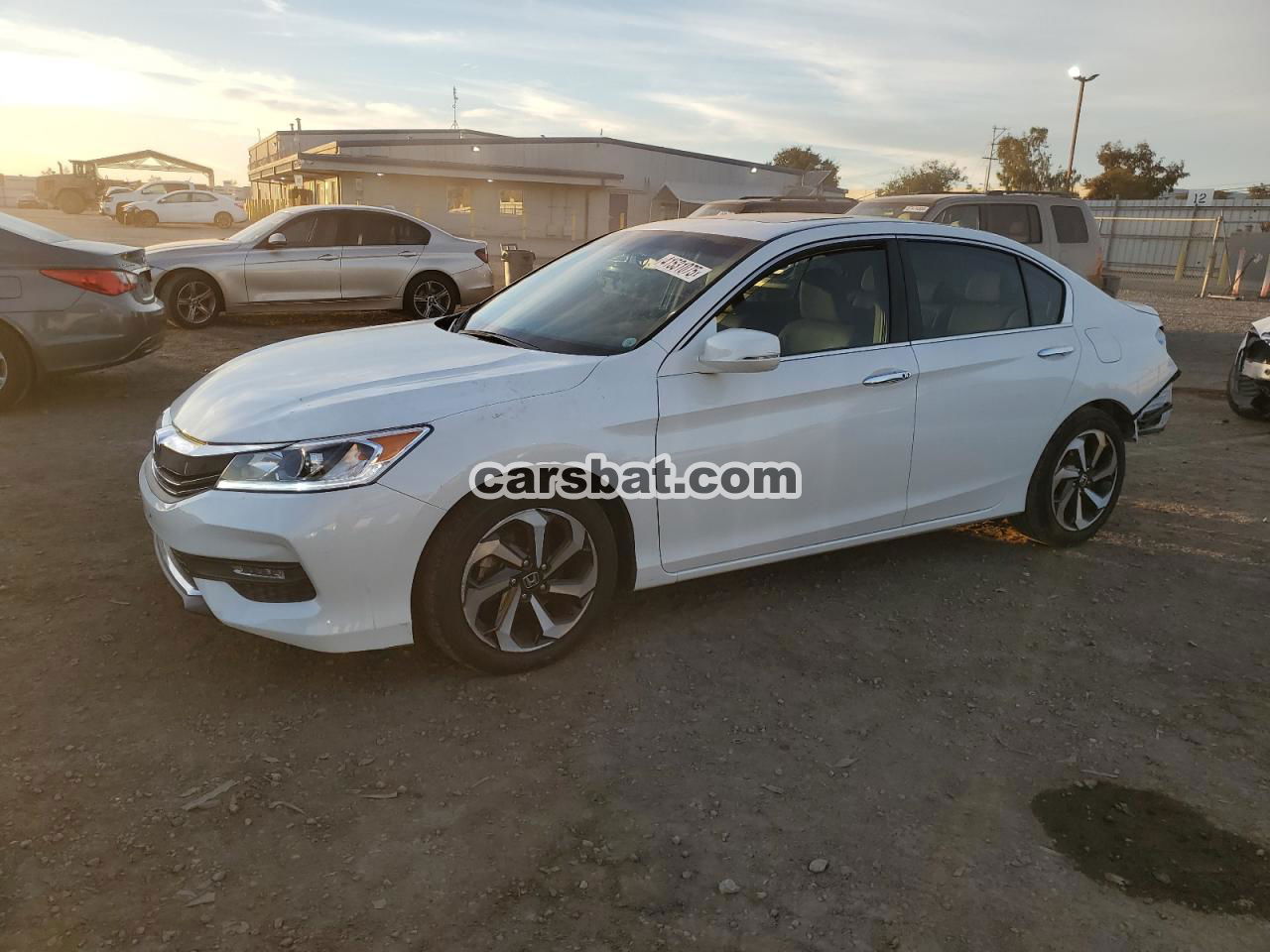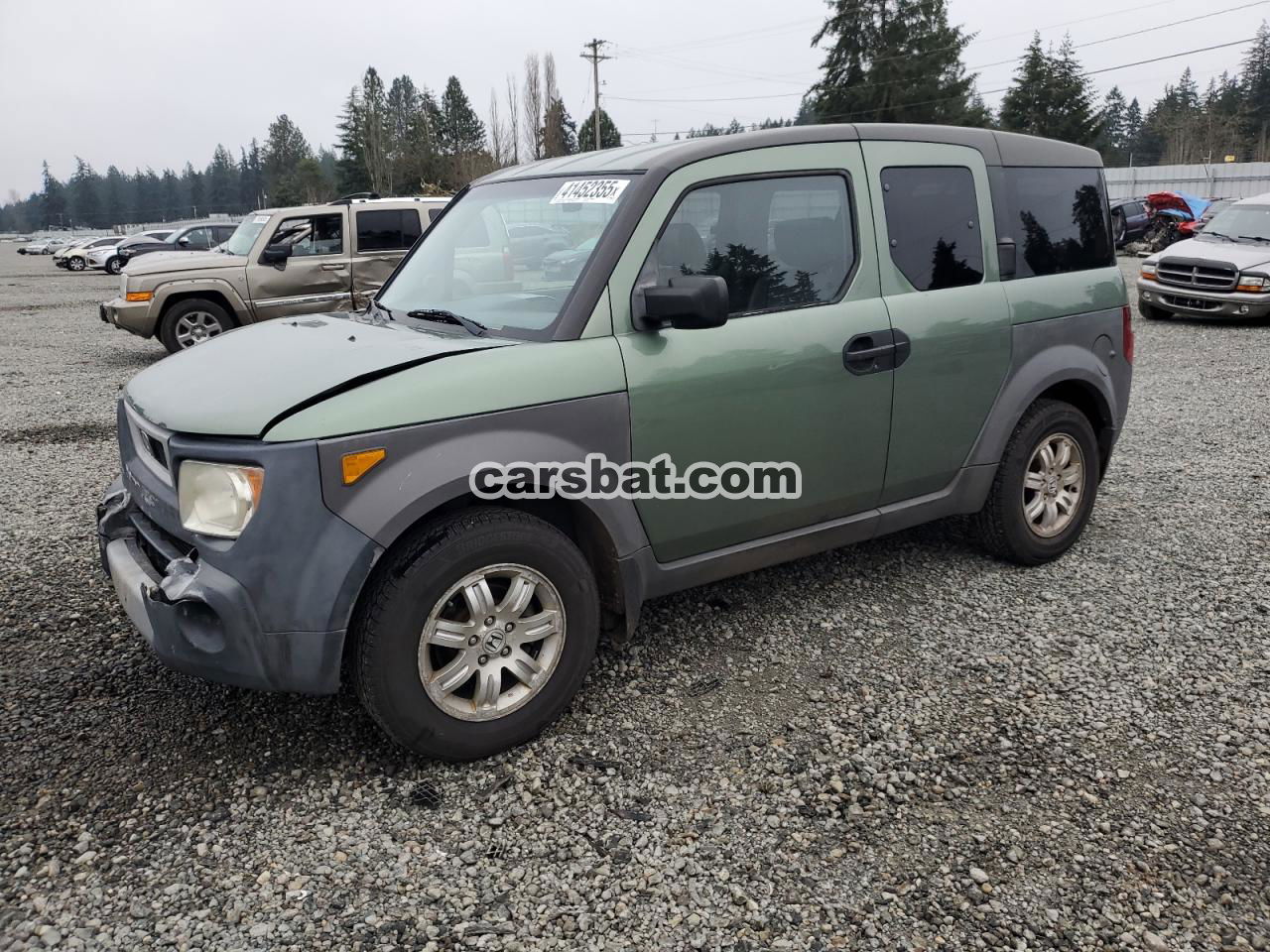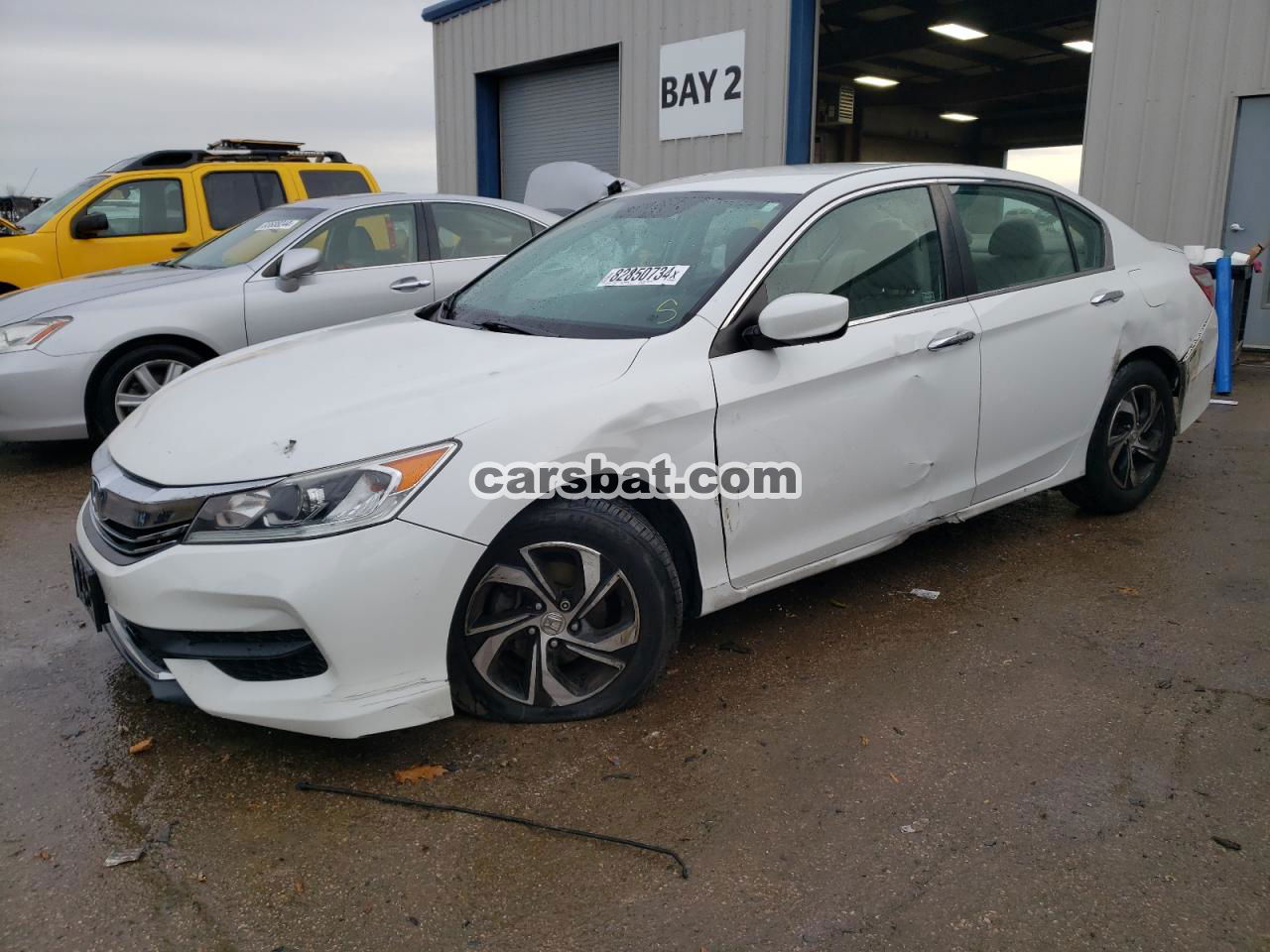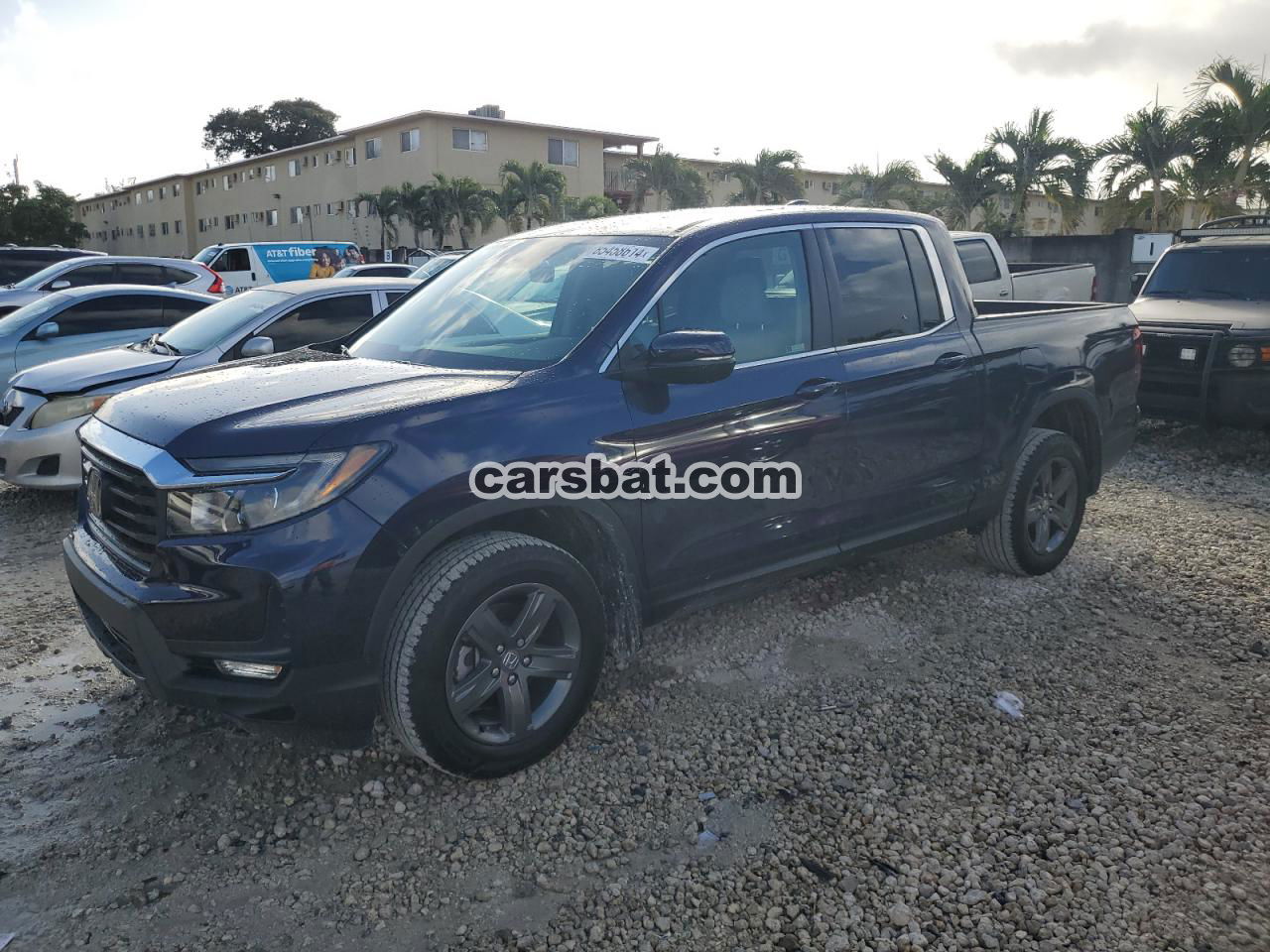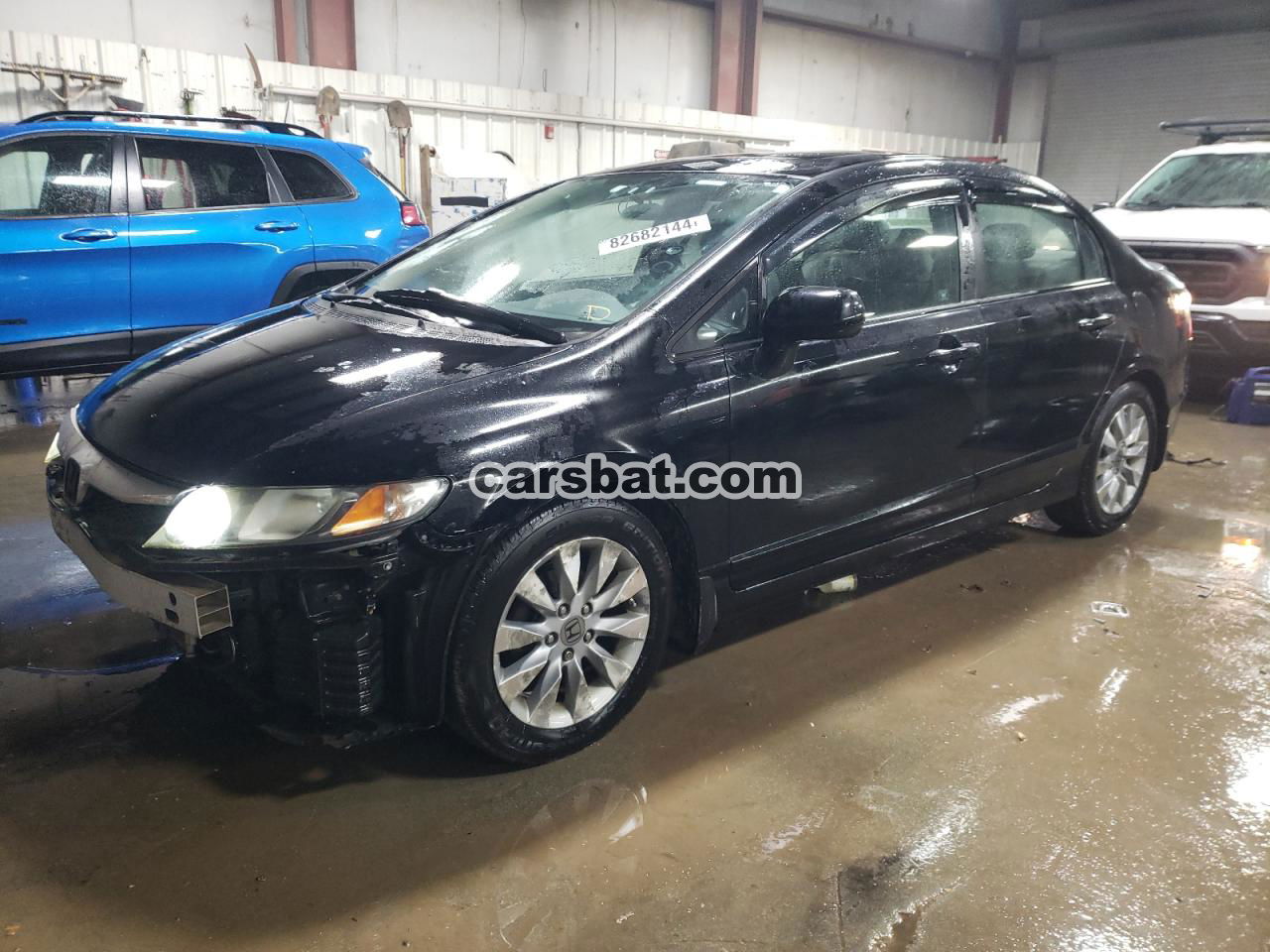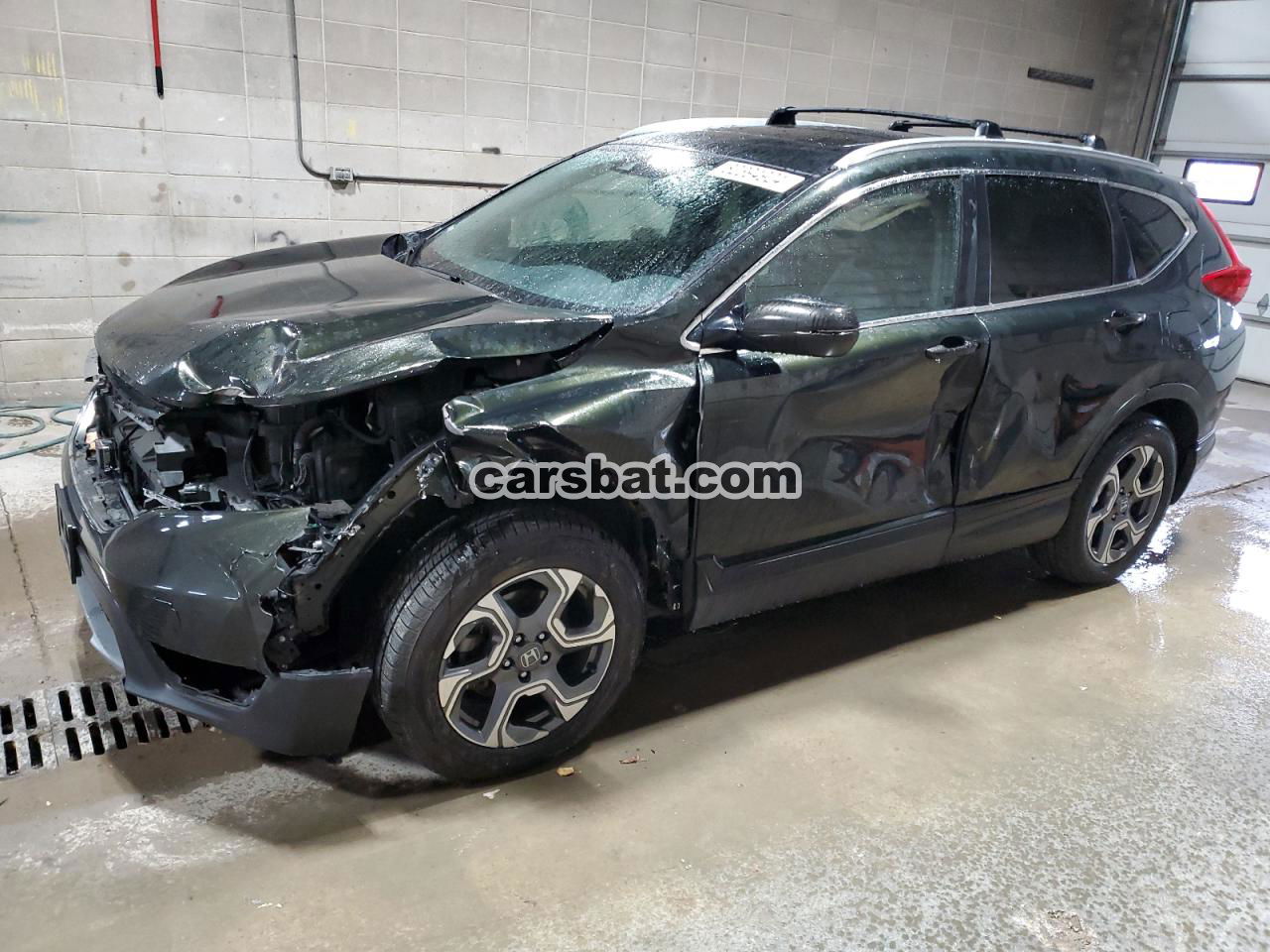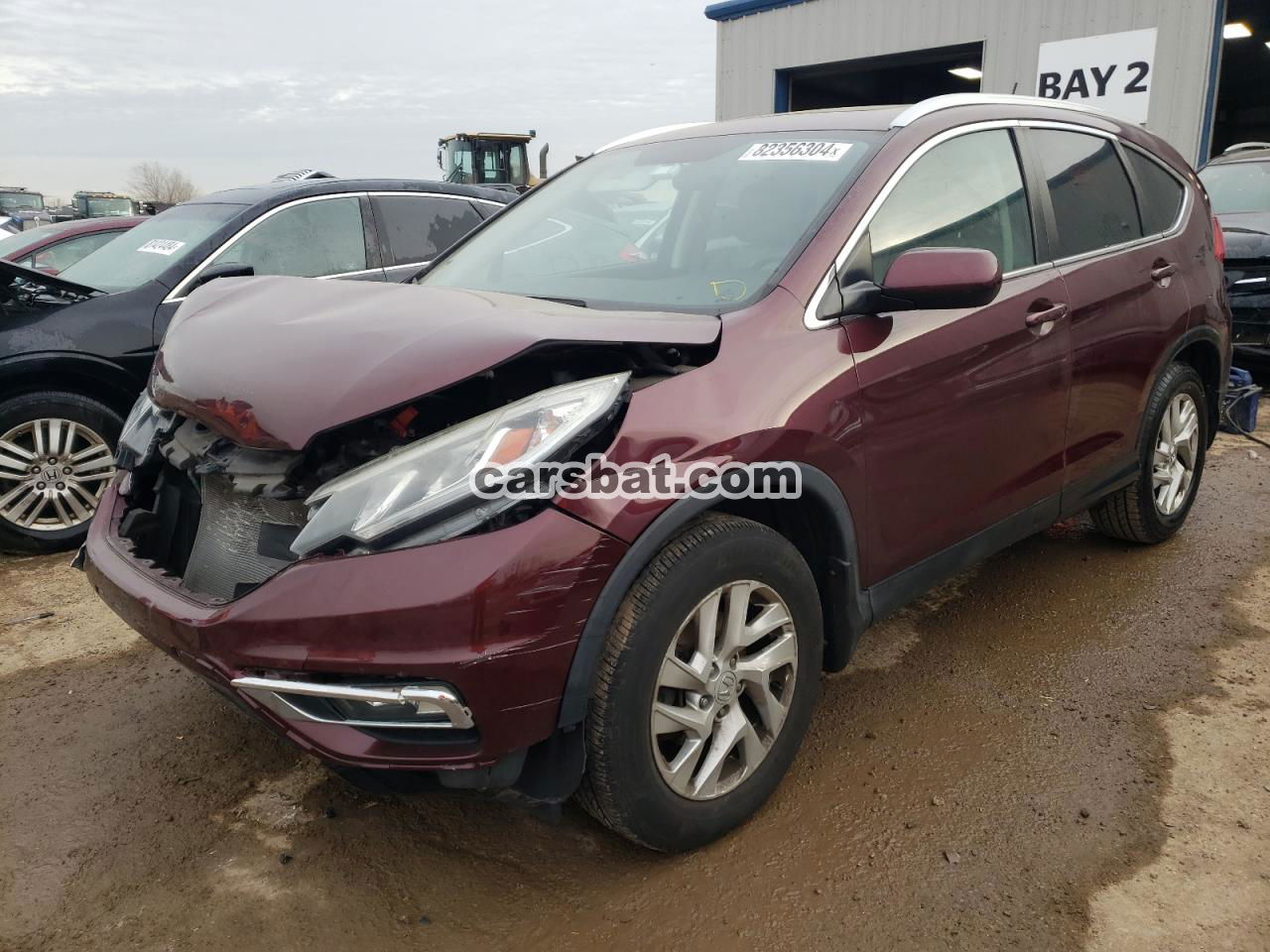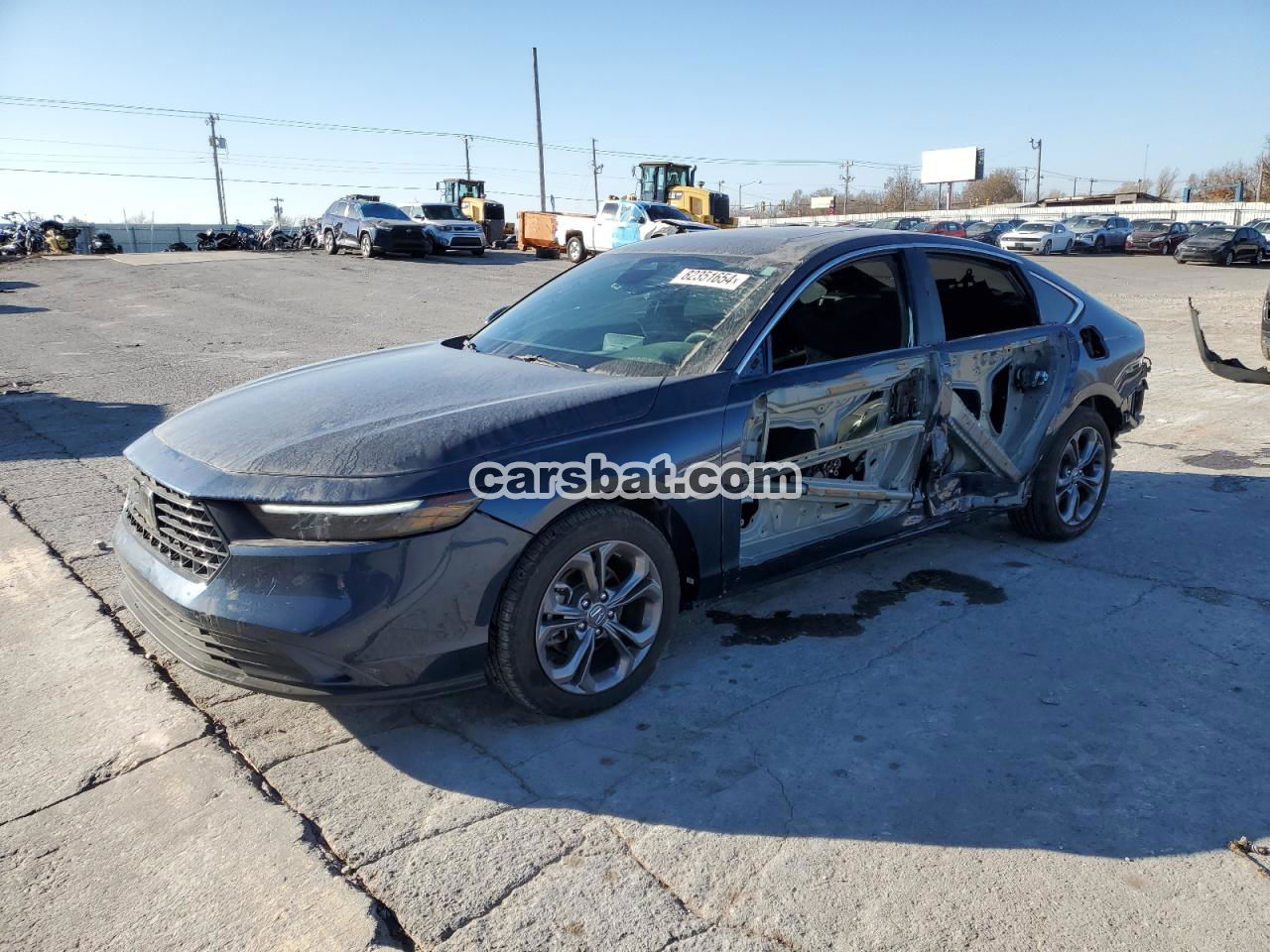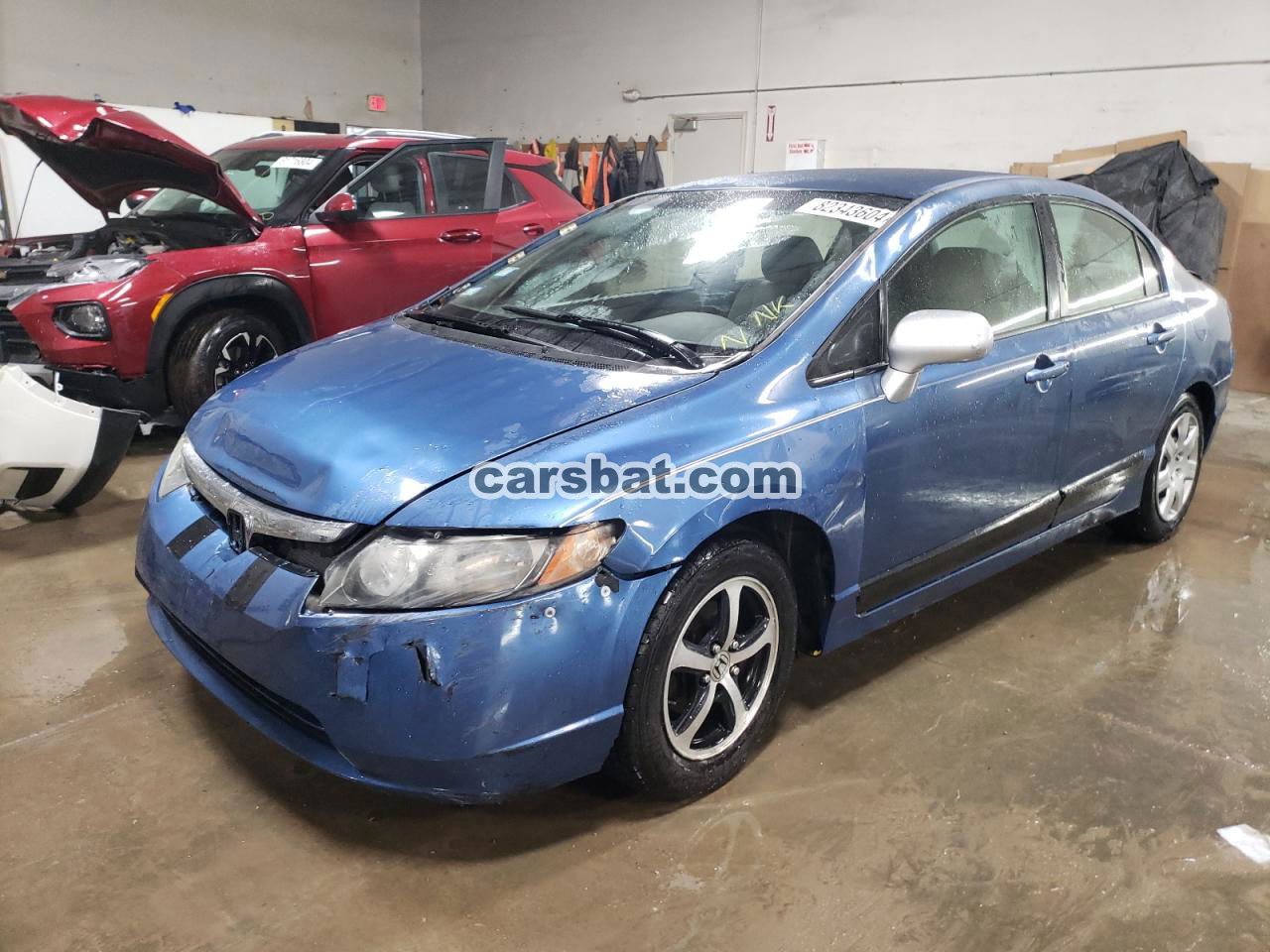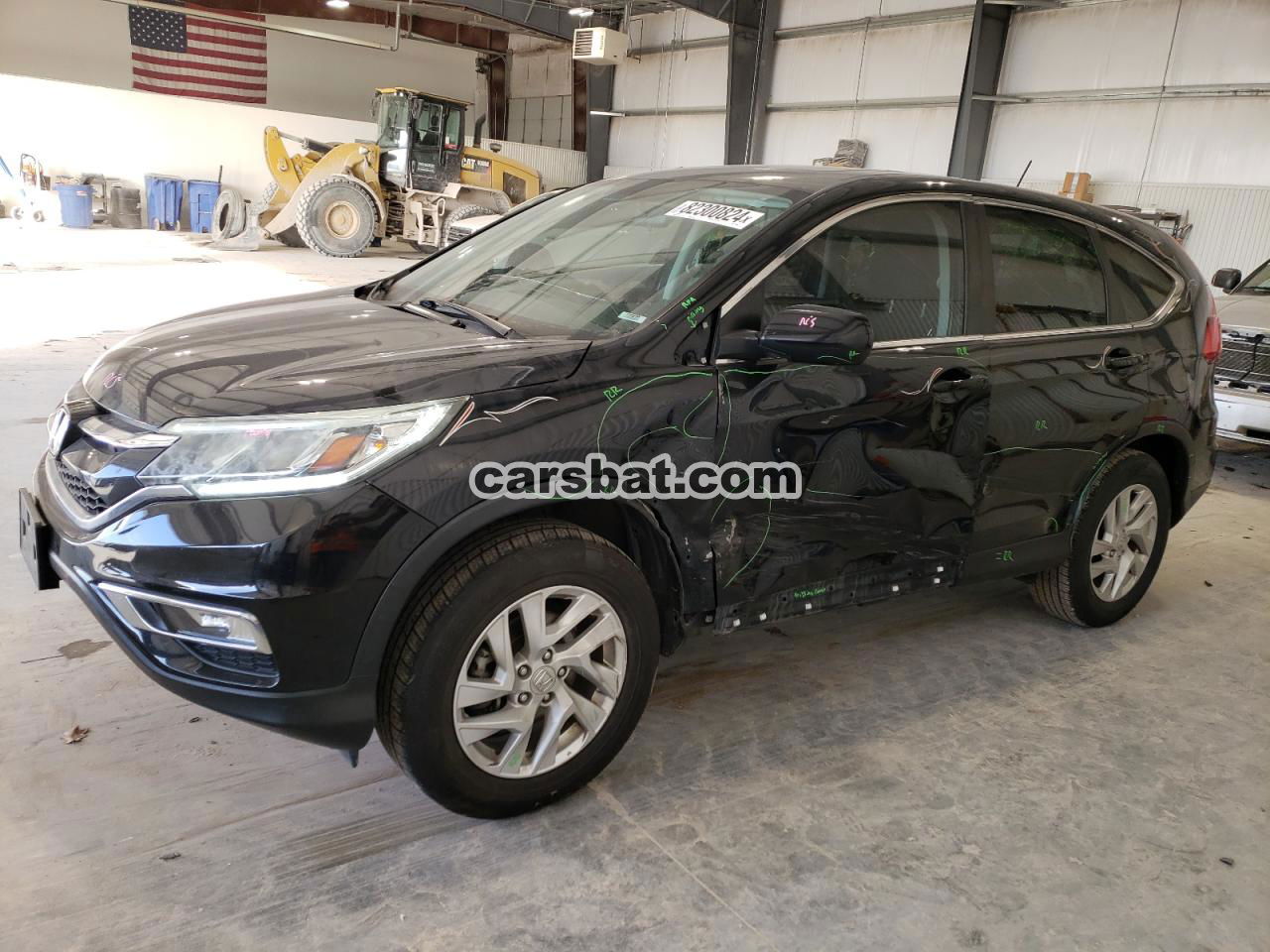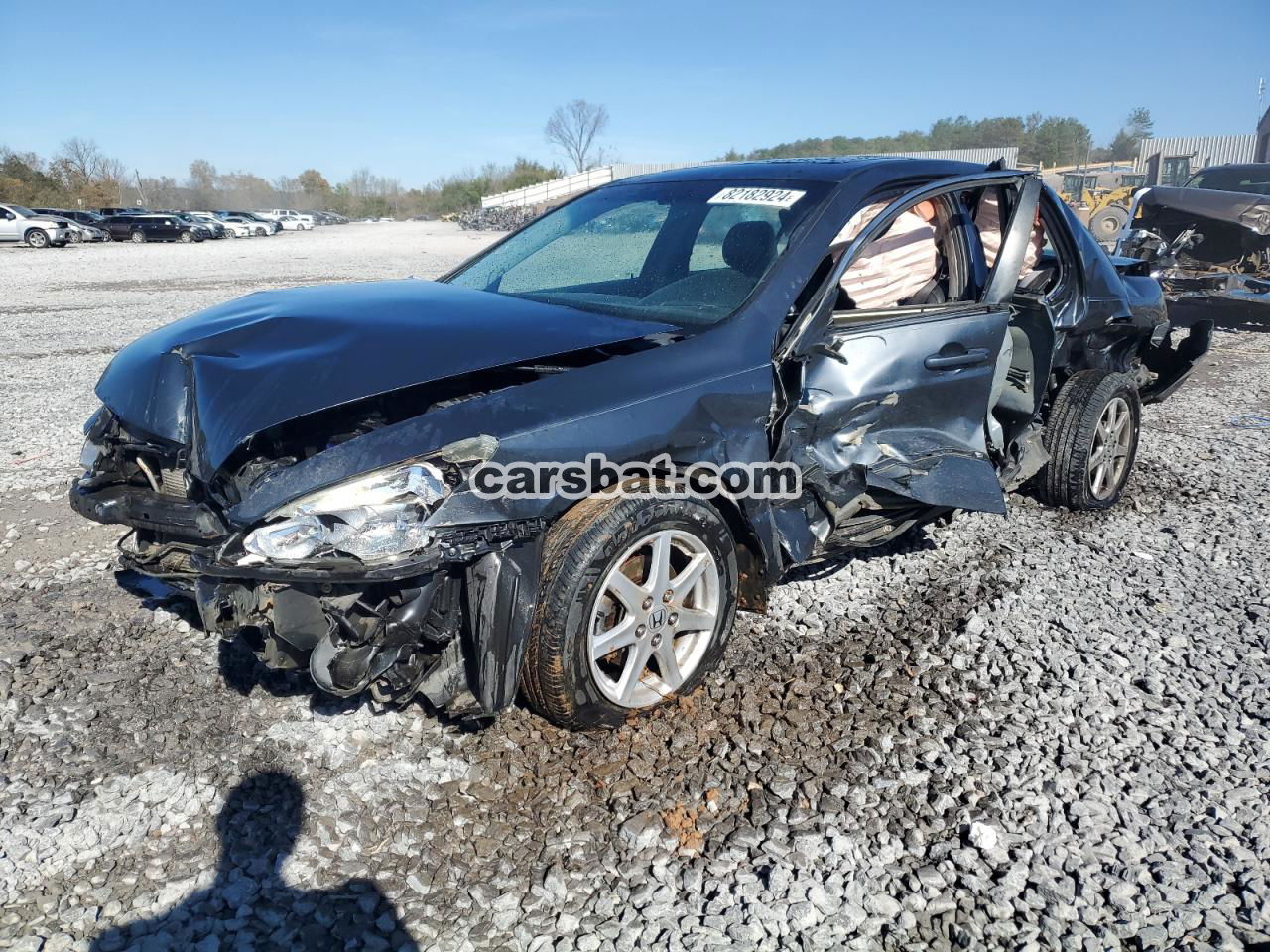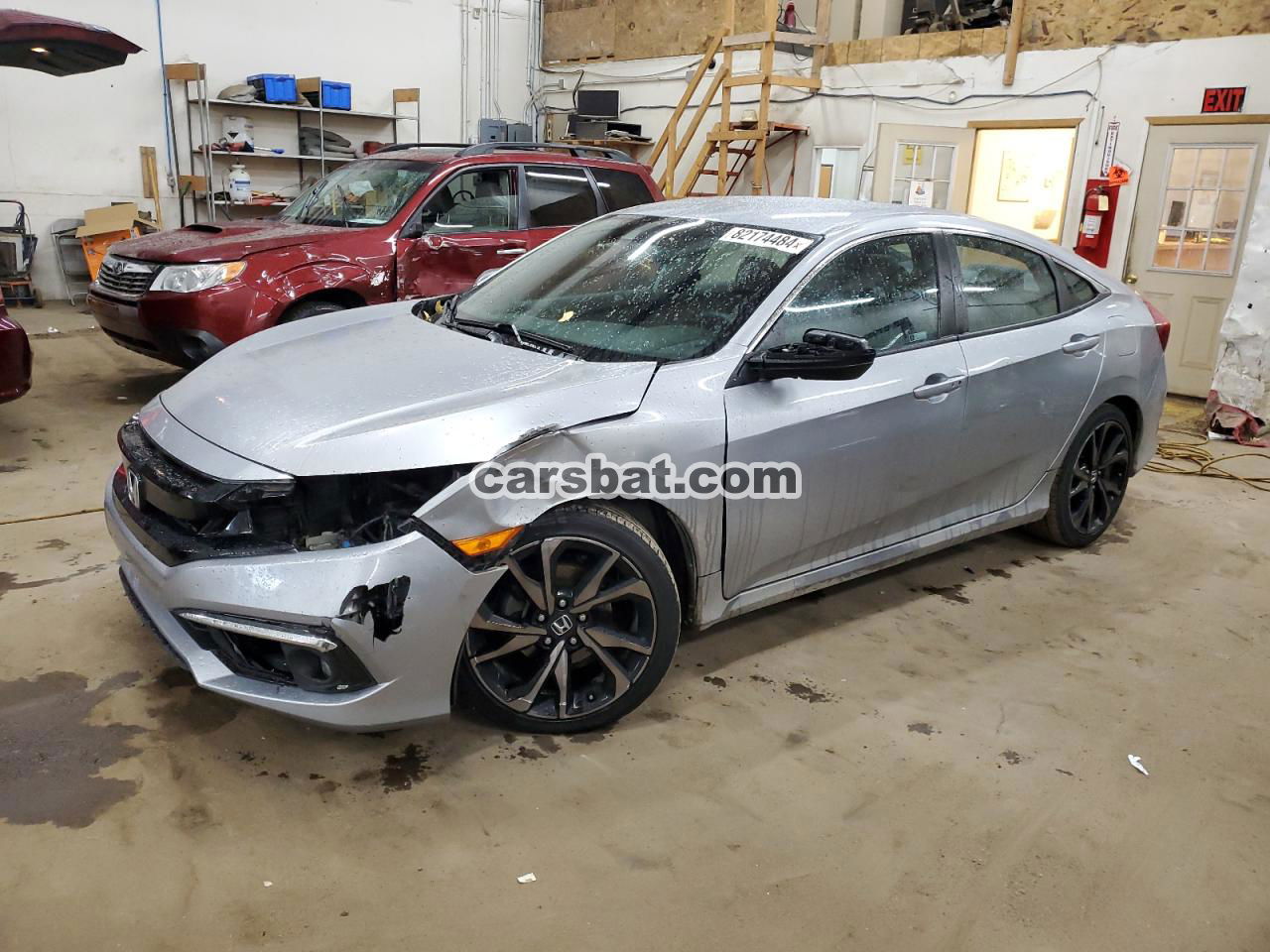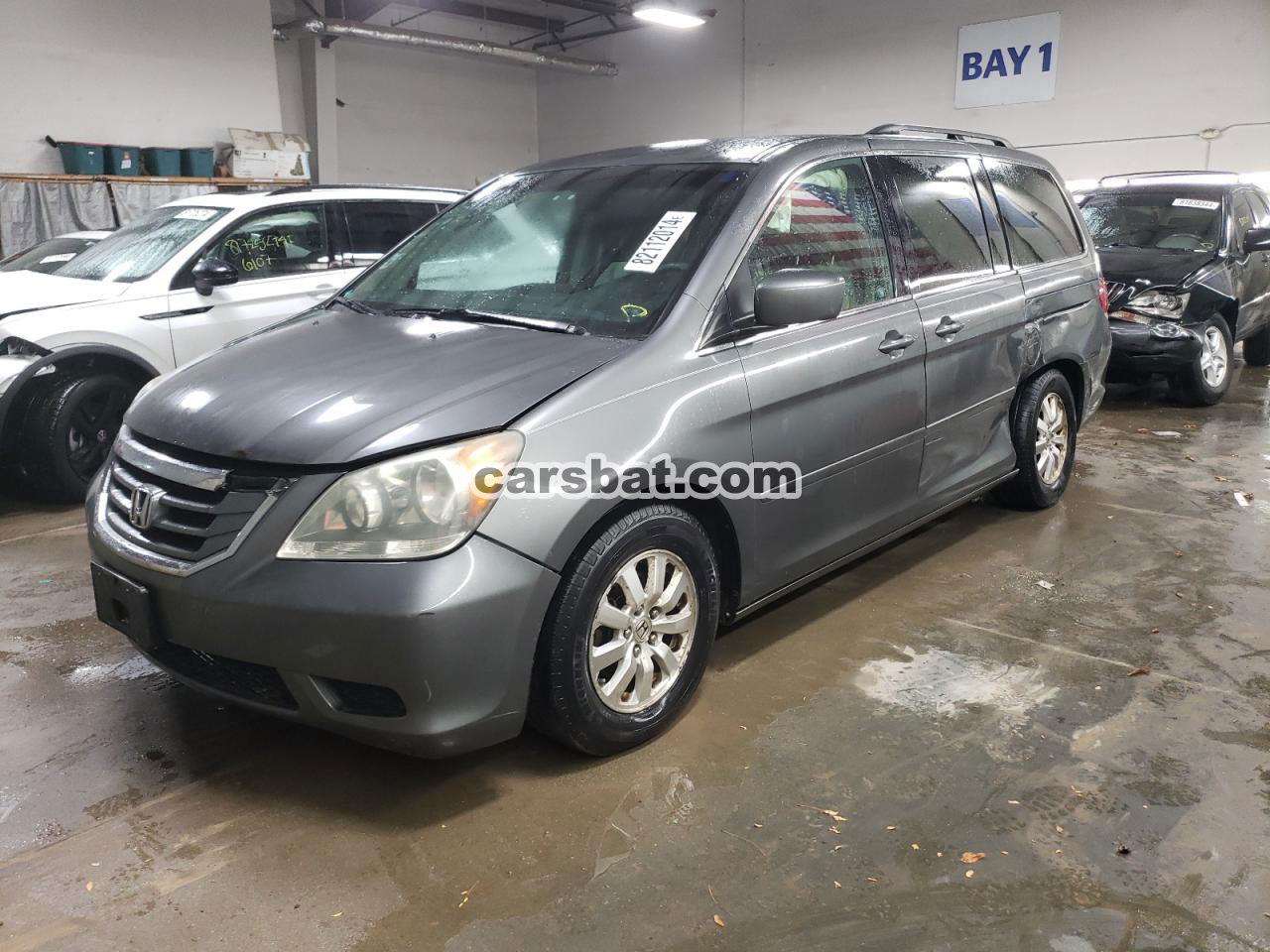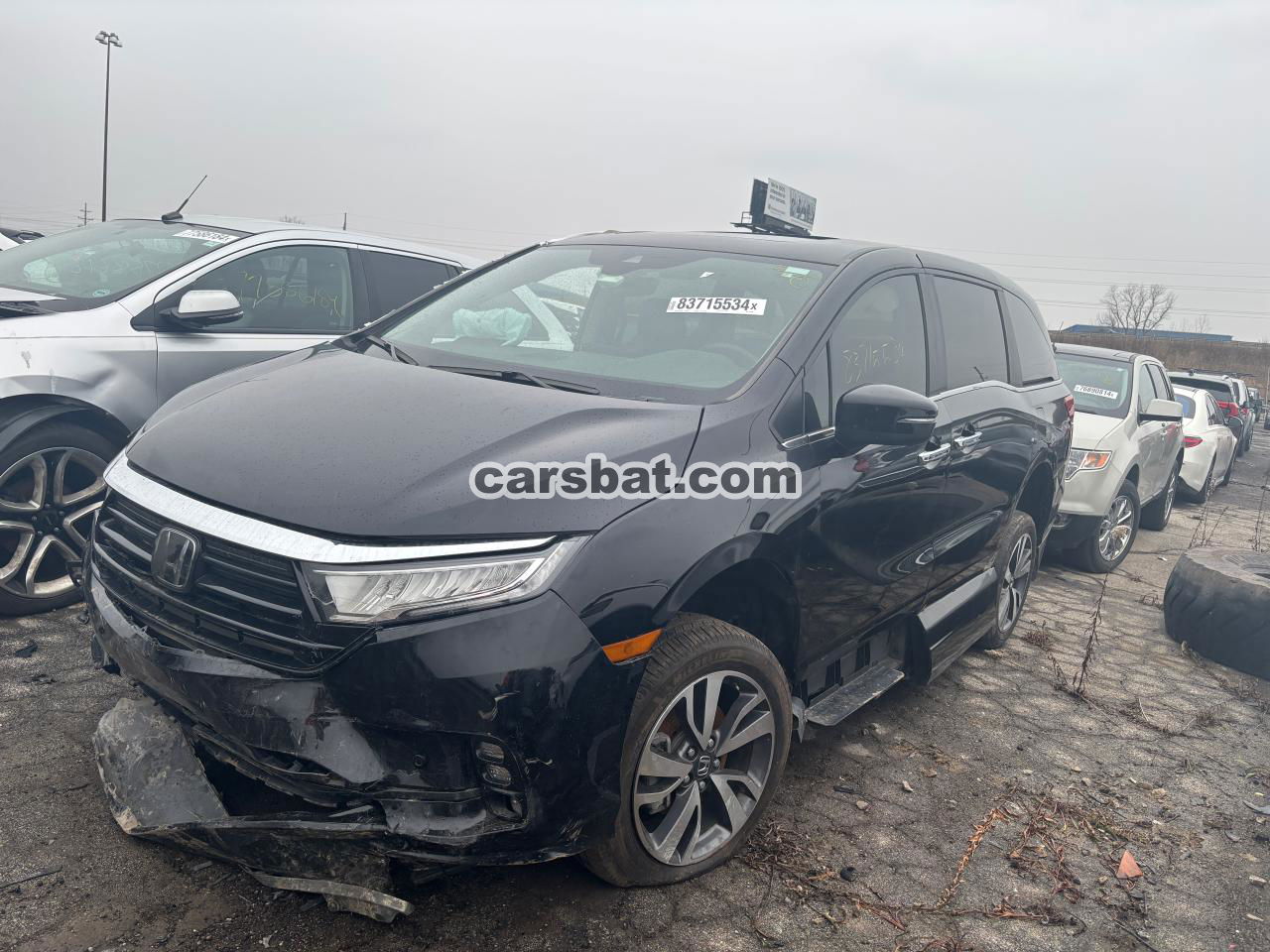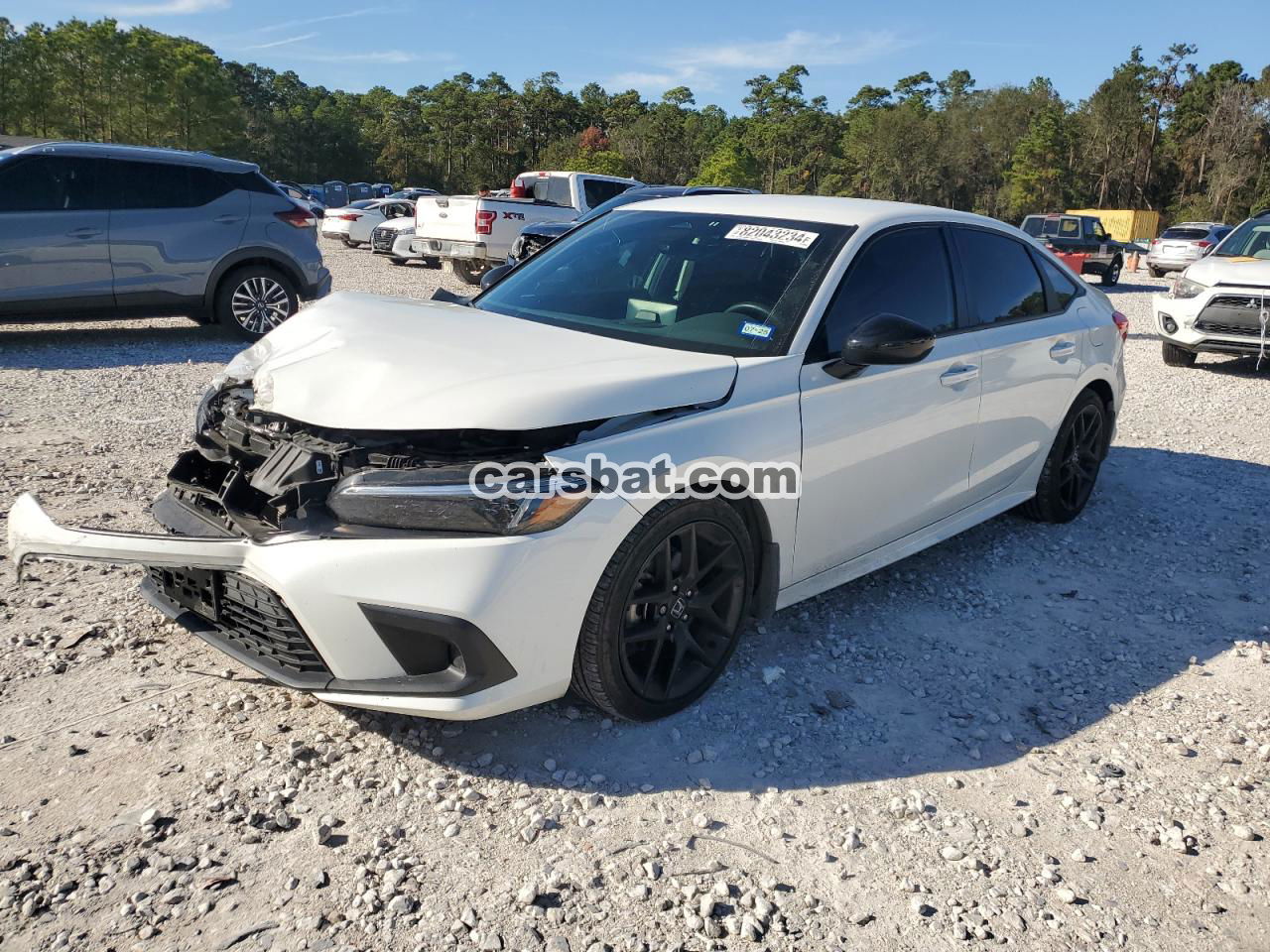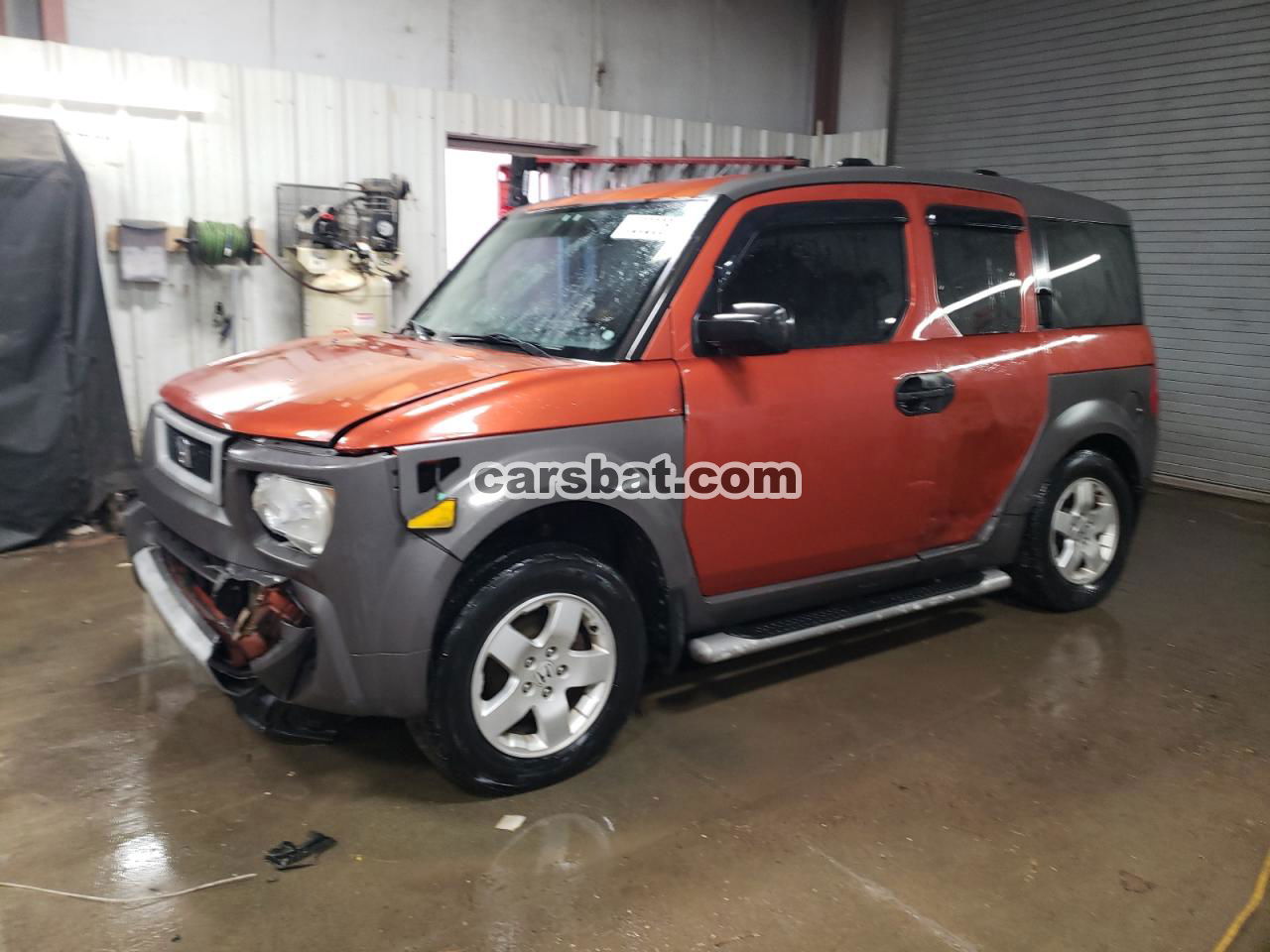
Catalog / Honda
Honda: The Power of Dreams in Automotive Excellence
Honda Motor Company, Ltd., a name synonymous with innovation, reliability, and engineering excellence, has a rich history that spans over seven decades. Founded on September 24, 1948, by Soichiro Honda in Hamamatsu, Japan, the company began its journey not as a car manufacturer, but as a producer of motorized bicycles.
Soichiro Honda, a mechanic and racing enthusiast, started by attaching small engines to bicycles to create affordable transportation in post-war Japan. This innovative spirit would become the cornerstone of Honda's philosophy, encapsulated in the company's slogan, 'The Power of Dreams.'
Honda's entry into the automotive market came in 1963 with the introduction of the T360 mini truck and the S500 sports car. However, it was the launch of the N600 in 1969 that marked Honda's first foray into the American car market, paving the way for the company's global expansion.
Interesting fact: Honda became the first Japanese automobile manufacturer to release a dedicated luxury brand, Acura, in 1986. This move influenced other Japanese automakers to create their own luxury divisions, reshaping the global luxury car market.
Throughout its history, Honda has been at the forefront of technological innovation. In 1972, Honda introduced the revolutionary Compound Vortex Controlled Combustion (CVCC) engine in the Civic, which could meet strict emissions standards without a catalytic converter. This technological leap established Honda as a leader in fuel-efficient and environmentally friendly vehicles.
The 1980s and 1990s saw Honda solidify its reputation for reliability and quality. The Accord, introduced in 1976, became one of the best-selling car models worldwide, renowned for its dependability and value. The launch of the NSX supercar in 1990 showcased Honda's engineering prowess, challenging established European sports car manufacturers with its advanced aluminum body and mid-engine design.
Honda's commitment to motorsports has been a significant part of its identity. The company has achieved notable success in Formula One, MotoGP, and various other racing series. This racing heritage has often translated into innovations for their production vehicles, exemplifying Honda's commitment to performance and engineering excellence.
In the 21st century, Honda has been a pioneer in the development of hybrid and electric vehicles. The Honda Insight, launched in 1999, was one of the first hybrid vehicles mass-produced for the global market. Since then, Honda has continued to expand its hybrid and electric vehicle lineup, demonstrating its commitment to sustainable mobility.
Honda's innovation extends beyond cars. The company is known for its diverse product range, including motorcycles, power equipment, and even humanoid robots like ASIMO. This diversification showcases Honda's ability to apply its engineering expertise across various technological fields.
As of 2024, Honda continues to push the boundaries of automotive technology. The company has announced ambitious plans to electrify its entire European mainstream car line-up by 2022, and globally by 2040. Honda is also investing heavily in autonomous driving technology and artificial intelligence, aiming to achieve what it calls 'zero traffic collision fatalities' involving Honda vehicles by 2050.
Honda's approach to manufacturing, known as 'Monozukuri' (the art of making things), emphasizes craftsmanship, innovation, and efficiency. This philosophy has helped Honda maintain high quality standards across its global production facilities.
Looking to the future, Honda is positioning itself at the forefront of the mobility revolution. The company is exploring new areas such as urban air mobility, renewable energy solutions, and advanced robotics. As the automotive industry undergoes transformative changes, Honda's legacy of innovation and its ability to adapt to new challenges position it well for the future of mobility.
From its humble beginnings as a motorized bicycle manufacturer to its current status as a global automotive and technology leader, Honda's journey embodies the spirit of innovation and the pursuit of dreams. As the company continues to evolve and adapt to changing market demands and technological advancements, it remains true to Soichiro Honda's original vision of using technology to improve people's lives.


